Change is never easy, but it’s the only way to grow.
You’re moving to a new apartment, and between the packing tape, the missing socks, and the pizza boxes from “packing breaks,” it’s easy to forget things.
That’s why you seriously need a checklist when moving to a new apartment. Whether it's your first apartment move or you're a seasoned mover who still somehow loses their toothbrush every time, you're in the right place.
Over 31 million people in the U.S. move each year, and most of them end up forgetting something. Whether it's setting up the internet, defrosting the freezer, or telling their landlord they’re actually leaving, something always slips through the cracks.
This checklist is your best option, as we will cover everything from pre-move chaos to post-move peace.
Explore Your Moving Options
Let’s talk about the big question first: how are you actually getting all your stuff from Point A to Point B?
Choosing how you move depends on your budget, time, and patience levels. Let’s break it down:
DIY Move
The DIY move is the classic "I got this" approach. You're packing your own belongings, lifting them, renting or borrowing a truck, and handling the entire move yourself. It's budget-friendly and gives you full control.
But it also means sore backs, late nights, and possibly bribing friends. Still, if saving money is your top priority and you're cool doing the heavy work, this option can seriously cut down your costs.
Hire Movers
If you’re more of a “sit back and supervise” type, hiring professional movers is your stress-free option. They’ll wrap, lift, load, haul, and unpack. This is the smoothest ride — and the safest — especially if you’ve got bulky furniture or fragile stuff.
You might want to research affordable apartment movers or Google trusted apartment movers near me to find a service that fits your wallet without skimping on reliability.
Hybrid Move
Can’t choose between broke and bougie? Go hybrid.
A hybrid move means you do some things yourself — like packing — and hire moving help for apartment tasks like loading and unloading, or just transport. It's flexible, practical, and pretty smart if you want to save money without losing your sanity.
This option is great if you’re comfortable with packing but still want muscle for the heavy lifting.
Moving Timeline - What to Do and When
Here’s your moving timeline so you're not in panic mode when the moving truck pulls up.
One Month Before Moving Day
Alright, the 30-day countdown has begun! This is the perfect window to lock in all the big stuff before the chaos. Here’s what you should handle:
Lock In Where You’re Going
- Finalize the lease or rental agreement with your new landlord
- Confirm your move-in date and time
- Schedule elevator or loading dock access (if needed)
Book the Move
- Decide if you're going DIY, hiring affordable apartment movers, or going hybrid.
- Get quotes from apartment movers near me
-
Book your mover or rental truck (yes, even if it’s a Tuesday afternoon)
Budget & Plan Your Costs
-
Set a total moving budget (moving, deposits, supplies, etc.)
- Plan for security deposit, first month’s rent, and any move-in fees
-
Look for ways to save, like free boxes or moving help for the apartment from friends
Start Your Paperwork Parade
- Give notice to your current landlord (check your lease for required notice)
- Forward your mail with USPS.
-
Update your address with your job, bank, insurance, subscriptions, and voter registration.
Eat What You’ve Got
- Start emptying the fridge, freezer, and pantry
- Stop grocery shopping like you’re staying for another year
-
Plan meals around what’s already in your kitchen
Gather Supplies
-
Collect or buy moving boxes, tape, markers, and bubble wrap
-
Ask local stores or neighbors for free boxes
- Create or print your apartment packing checklist to keep everything organized.
Declutter
- Go room-by-room and get rid of stuff you don’t use
-
Donate, sell, or trash what you don’t want to bring
- Return anything borrowed (books, tools)
Sort & Secure Important Stuff
- Organize important documents (IDs, leases, bank information, etc.).
- Create a “Moving Folder” with paper and digital copies
- Pack the essentials you'll need right away in a separate box or bag
Two Weeks Before Moving Day
The two weeks before your move must be well-spent. Book your movers and start packing.
Pack Smart, Not Last-Minute
- Start full-on packing using your apartment packing checklist
-
Label boxes by room and mark the fragile stuff
-
Pack non-essentials first (off-season clothes, books, wall art, etc.)
- Set aside a “first night” box — toothbrush, TP, clean shirt, phone charger and other essential stuff.
Confirm All The Moving Details
- Call or email your apartment movers near me to confirm the date, time, and any special instructions.
-
Arrange for moving help for apartment tasks like furniture disassembly or loading.
-
Double-check elevator or loading dock reservations at both locations
Tie Up Loose Ends
- Transfer or set up new utilities (electric, water, internet, gas)
- Cancel or update your renter’s insurance
- Schedule a final walk-through with your current landlord
Be a Logistics Pro
- Plan your moving day route and parking situation.
- If you're using your own car, schedule a tune-up or oil check (yep, that’s adulting)
- Gather any moving permits if your city requires them (especially in urban areas)
One Week Before Moving Day
This is the week when everything gets a little chaotic. But with a good, you've got nothing to worry about.
Final Packing Push
- Pack up everything except your daily essentials
- Defrost the freezer and clean the fridge (don't forget this one!).
- Empty drawers, cabinets, and closets
- Pack valuables and important documents separately — they're riding with you.
Prep for Moving Day
-
Reconfirm with movers or truck rental
- Create a moving day schedule: who's doing what, and when
- Prepare snacks, water, and maybe caffeine — you’ll need it
- If friends are helping, text them a reminder
Clean and Clear Out
- Start light cleaning (save the deep clean for after everything’s out)
- Take out the trash, recycling, and donate piles
- Drop off any final returns or borrowed stuff
Your Move-Out Survival Kit
- Assemble your “do not pack” bag: wallet, keys, phone charger, lease, meds, etc.
- Keep your first apartment move checklist on hand — digital or printed
- Confirm directions to the new place, including parking and entry instructions
Day of the Move
Once moving day arrives, you must keep a close eye on both locations: your current home and your new destination.
Final Walk-Through
- Check every room, drawer, and closet
- Turn off all lights, close windows, and lock doors
- Take photos of the empty apartment for your records
Supervise the Move
- Greet the movers or moving help for the apartment team
-
Be available to answer questions and direct box placement
- Double-check that nothing gets left behind
Essentials Ride With You
- Keep your valuables, important documents, and apartment packing checklist with you at all times.
- Bring your "first night" box in your car, not in the truck
- Take a deep breath — you're almost home
At the New Place
- Unlock and inspect the space before unloading
- Direct movers where to put stuff — seriously, it helps so much later
- Test utilities (lights, water, internet)
Get Settled
You did it! You survived the chaos, the boxes and maybe even a minor existential crisis. Now it’s time to get settled in and start making your new place feel like home.
Here’s how to go from “new place” to your place.
Unpack Smart (Not All at Once)
-
Start with the essentials — your “first night” box, toiletries, bedding, and that coffee maker (obviously)
-
Unpack room by room so it doesn’t feel overwhelming
-
Follow your apartment packing checklist so nothing important gets left in a random box labeled "stuff."
Do a Quick Inspection
- Test outlets, lights, AC/heat, appliances — make sure everything’s working
-
Look for damage or issues and report them to your landlord ASAP
- Snap pics of anything sketchy so you’re not blamed later (yes, even that weird dent in the fridge)
Set Up the Basics
- Check your basic utilities.
- Install shower curtains, set up your bed, and stock the pantry with some snacks.
- Light a candle or spray something that smells like "home."
- If you're short on time, consider hiring moving help for apartment setups like furniture assembly or hauling away empty boxes.
Safety First
- Check the smoke detectors and carbon monoxide alarms
- Change the locks if it’s allowed (or at least ask)
- Figure out your escape route, fire extinguisher location, and emergency contacts
Essentials to Buy for Your New Apartment
Moving in is great… until you realize you're sitting on the floor with no essentials. You don’t need to buy everything at once, but there are a few key things you’ll want from Day One.
Here’s the list:
Kitchen Must-Haves
You’ll probably live off takeout for the first week, but eventually you’ll want to cook (or at least microwave something).
- Basic cookware (frying pan, pot, baking sheet)
- Plates, bowls, cups, mugs
- Utensils (forks, knives, spoons, spatula, can opener)
- Dish soap, sponge, trash bags
- A few pantry staples (salt, oil, coffee)
Bedroom Basics
Sleep first, decorating later.
-
Bed frame + mattress (if you’re still sleeping on the floor, it’s time)
- Sheets, pillows, blankets
- Nightstand and lamp
- Hangers — because piling clothes on a chair is not a storage system
Bathroom Essentials
Because there’s nothing worse than realizing too late that you forgot to buy toilet paper.
- Shower curtain + liner
- Towels and washcloths
-
Toiletries (toothbrush, shampoo, soap, etc.)
- Plunger and toilet brush
Cleaning Supplies
A clean apartment gives a happy life.
- Broom, dustpan, and/or vacuum
- All-purpose cleaner + disinfectant wipes
- Laundry basket, detergent, dryer sheets
- Paper towels and trash cans
Other Items That Are Easy to Forget
These are the things you don’t think about until you really need them.
- Extension cords and power strips
- Lightbulbs
- Tool kit (or at least a screwdriver and a hammer)
- First aid kit
- Batteries
- Wi-Fi router and modem (or whatever tech your provider requires)



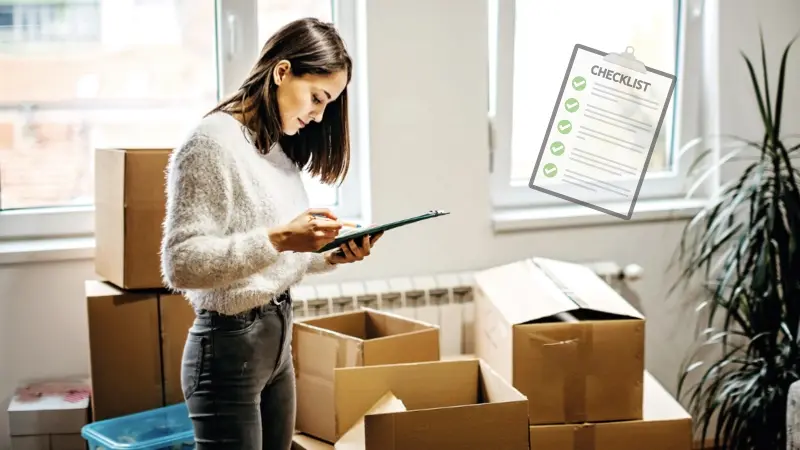









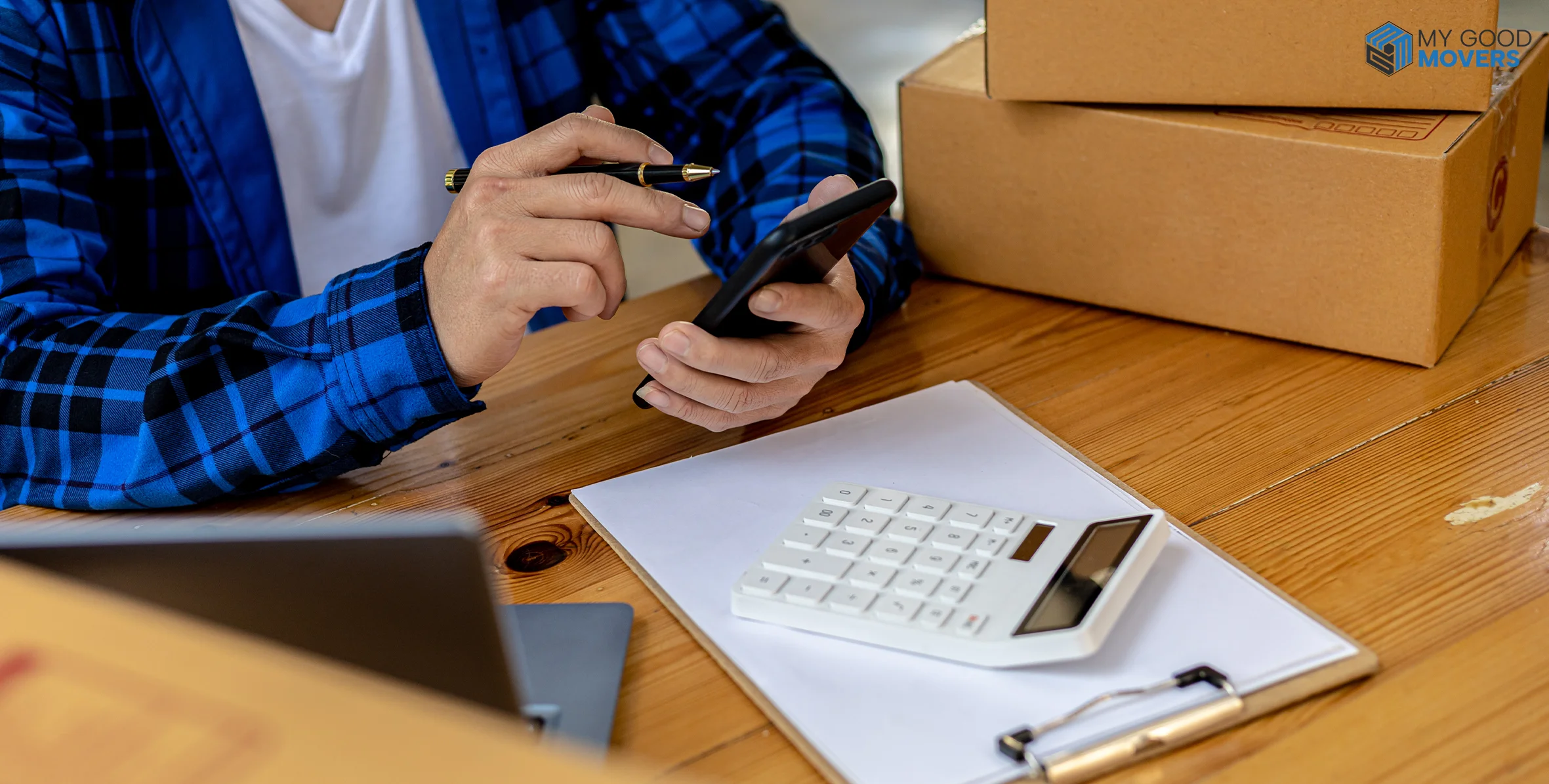
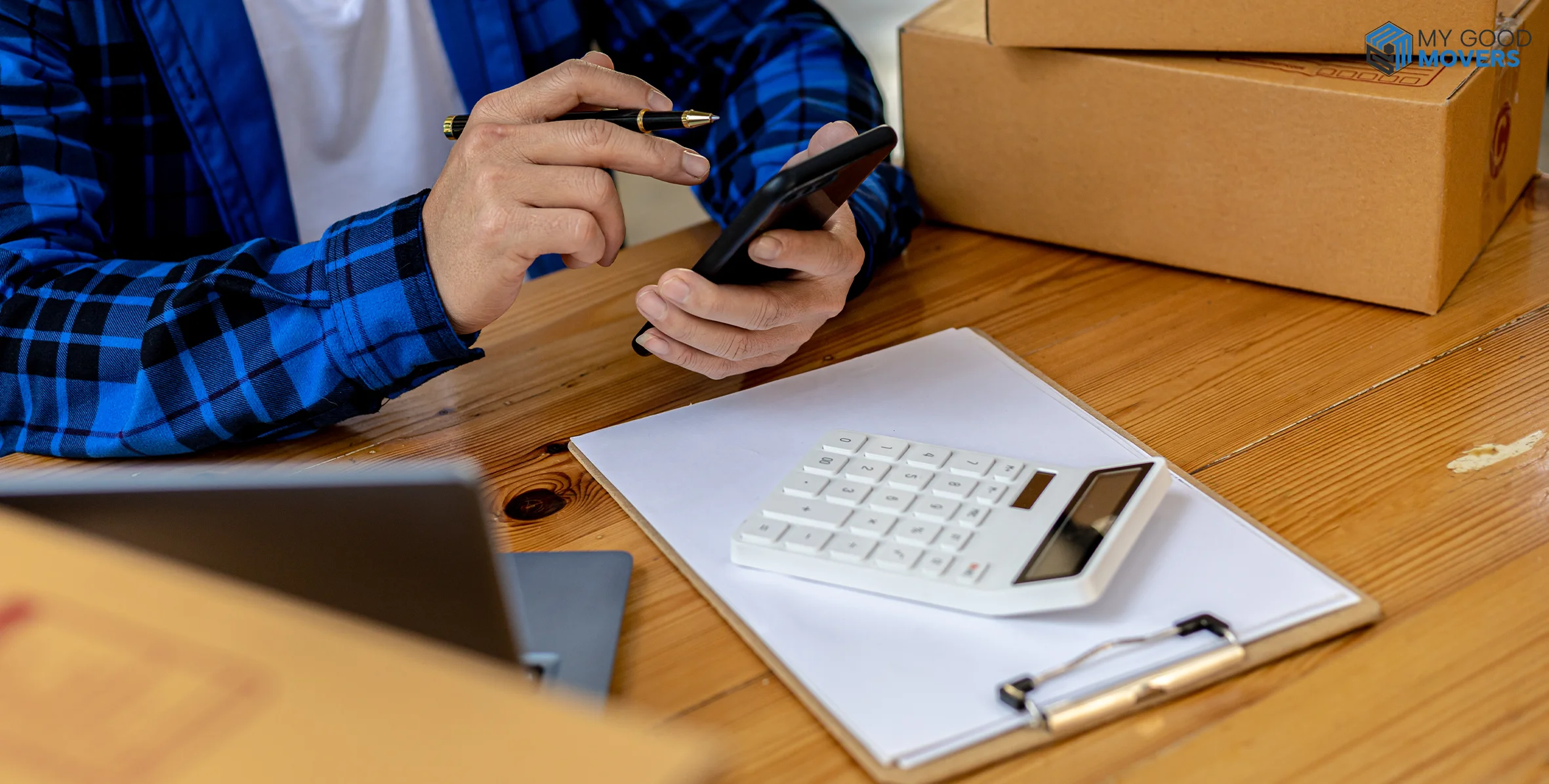
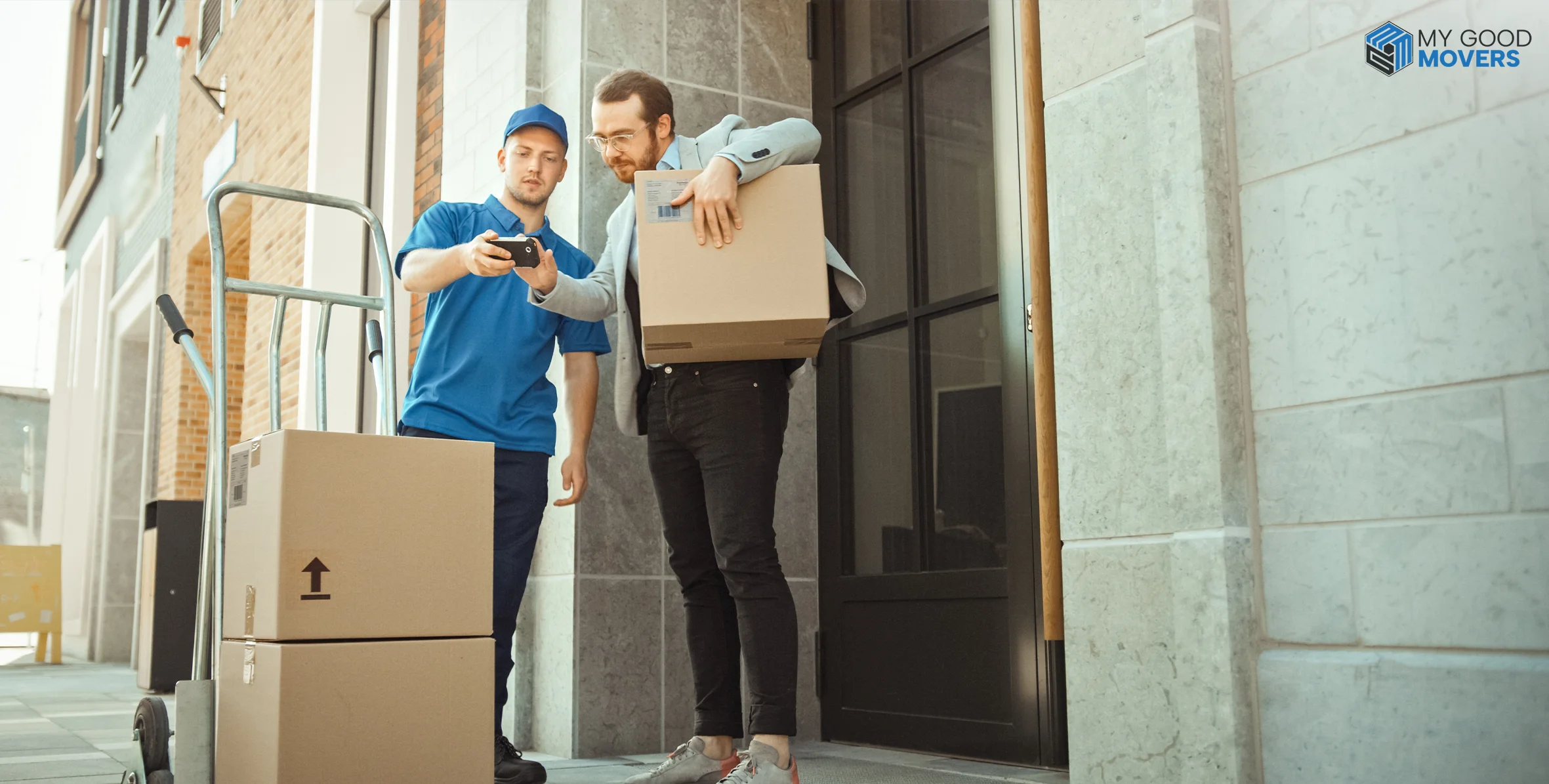
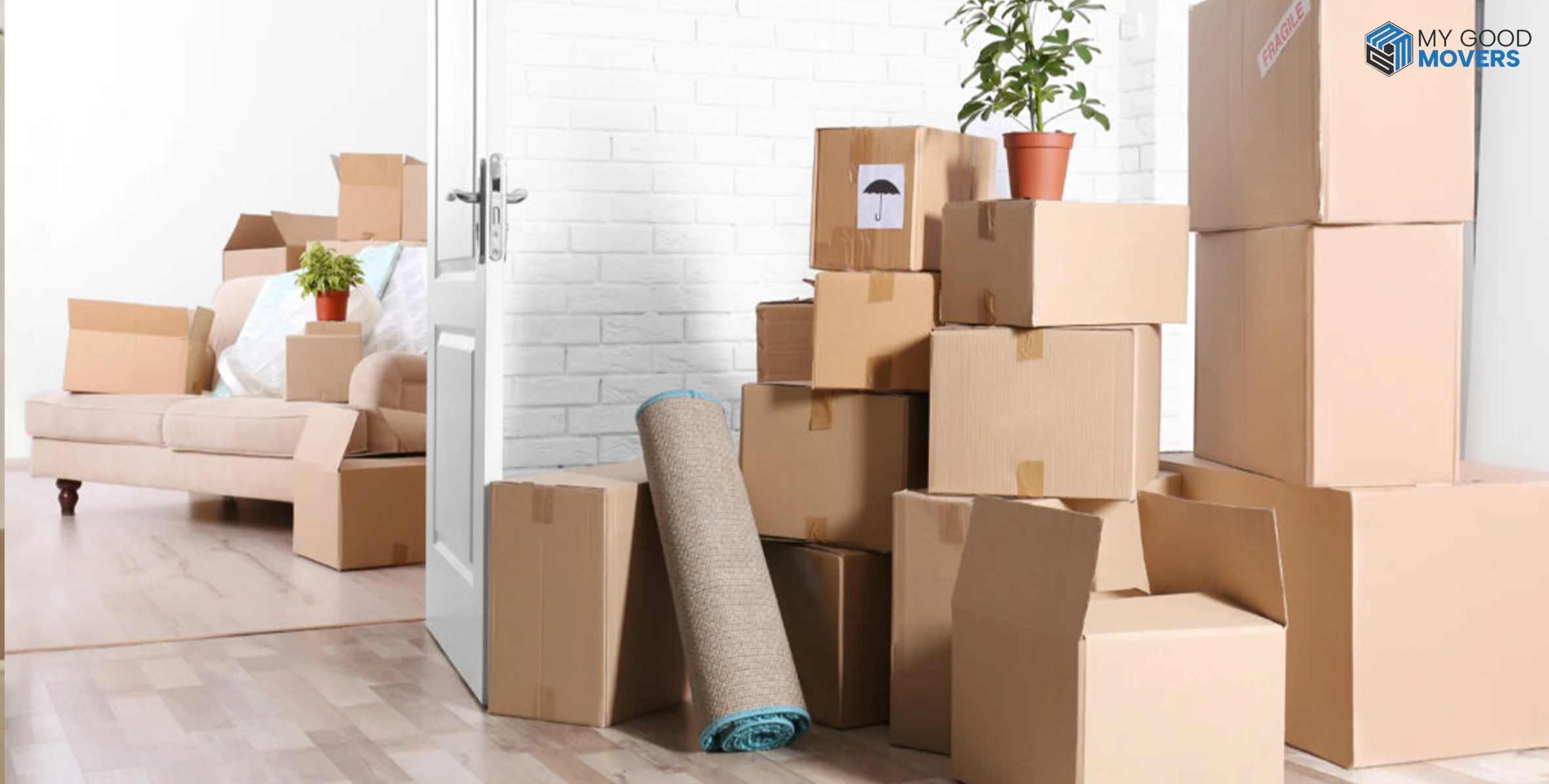
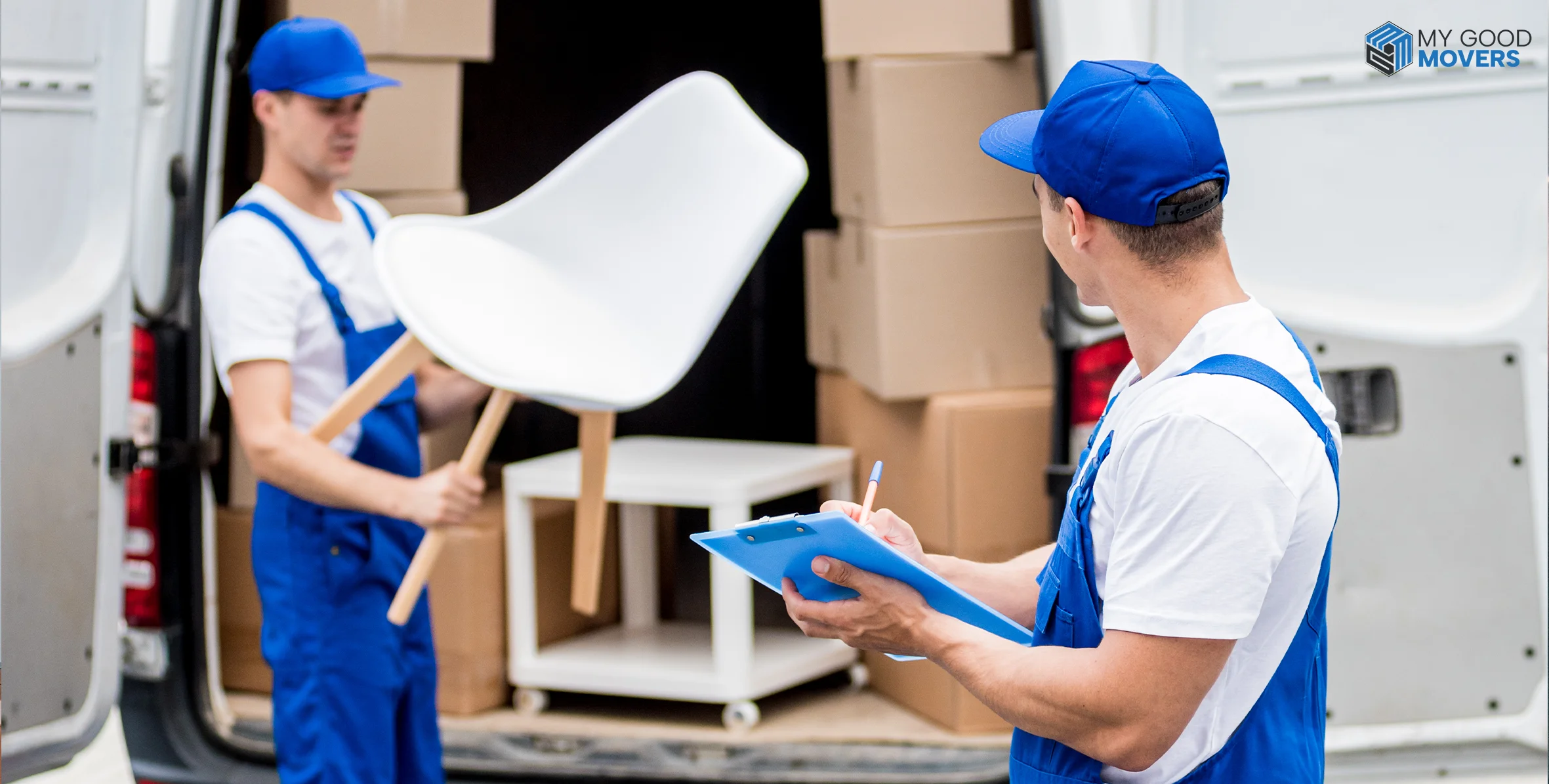
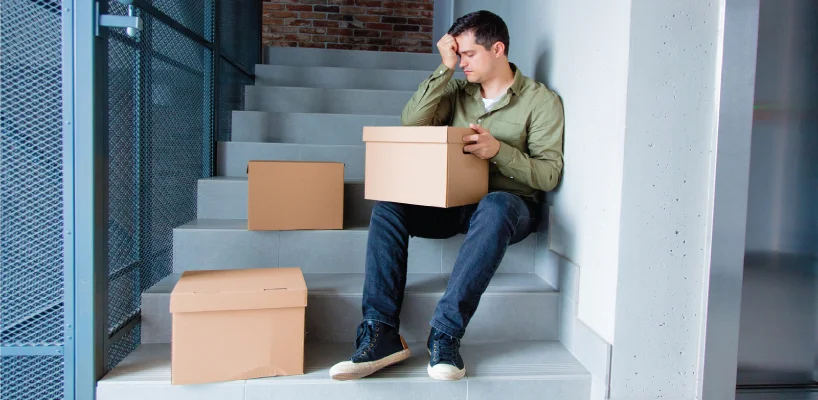
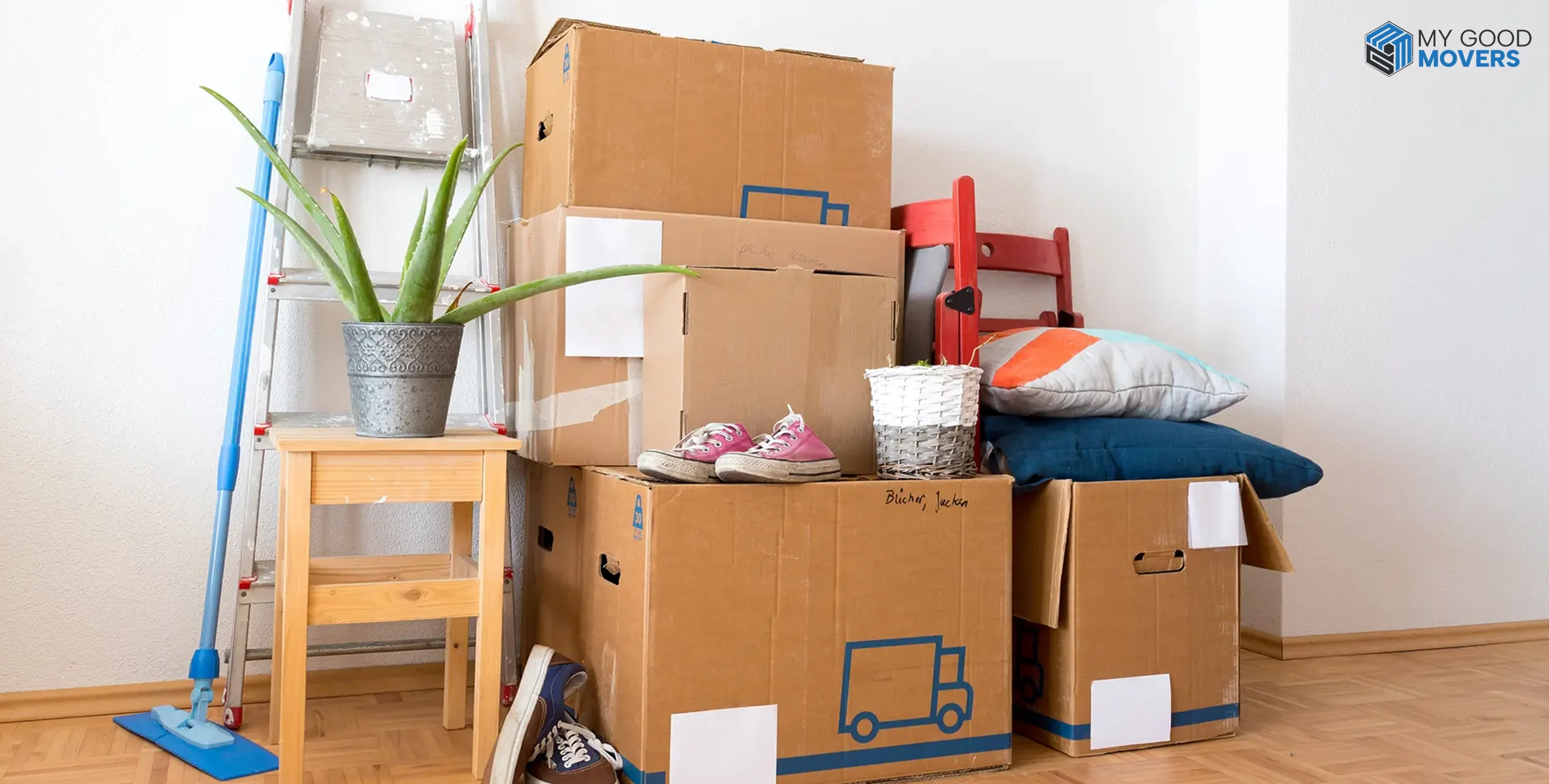
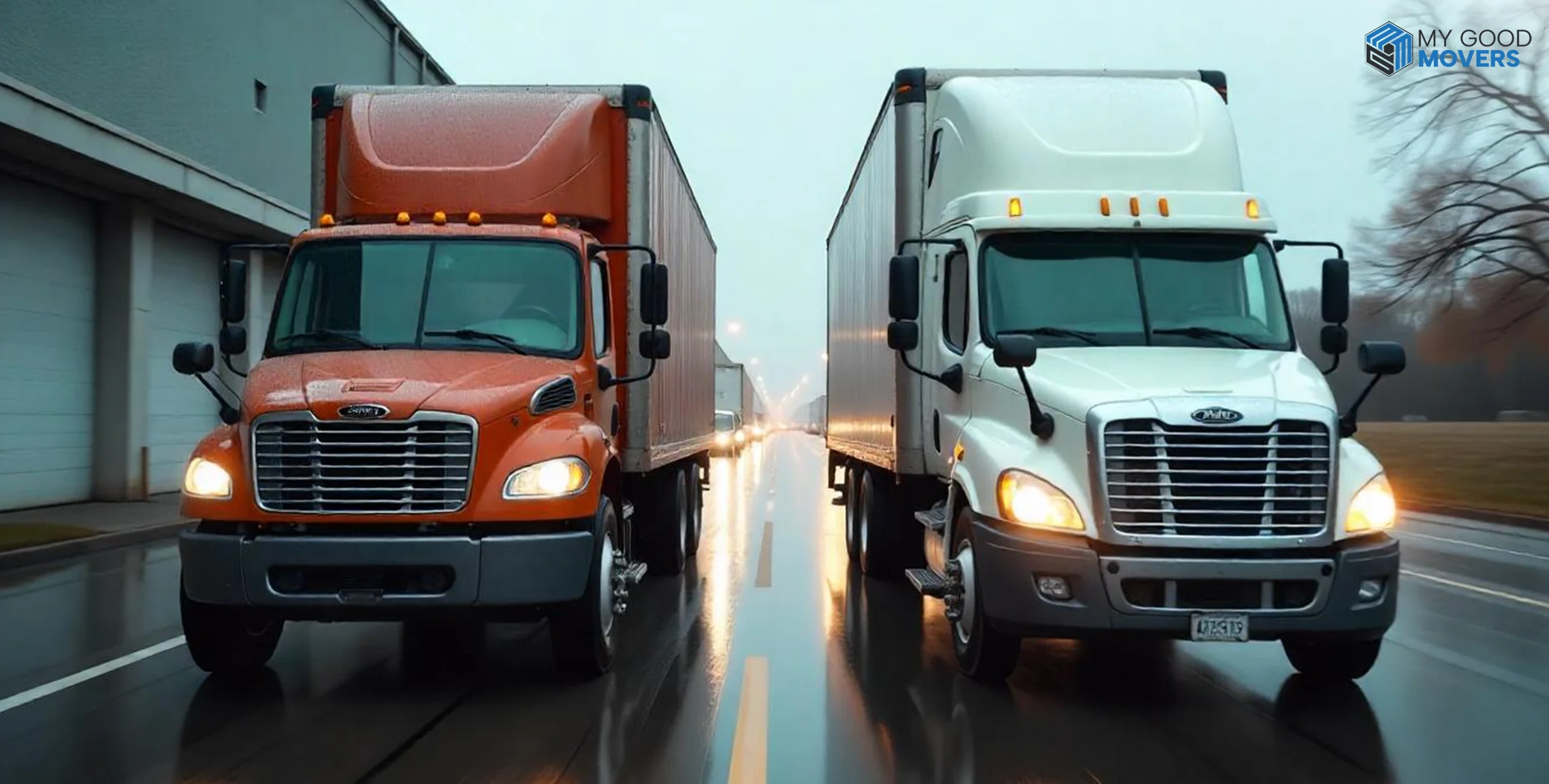
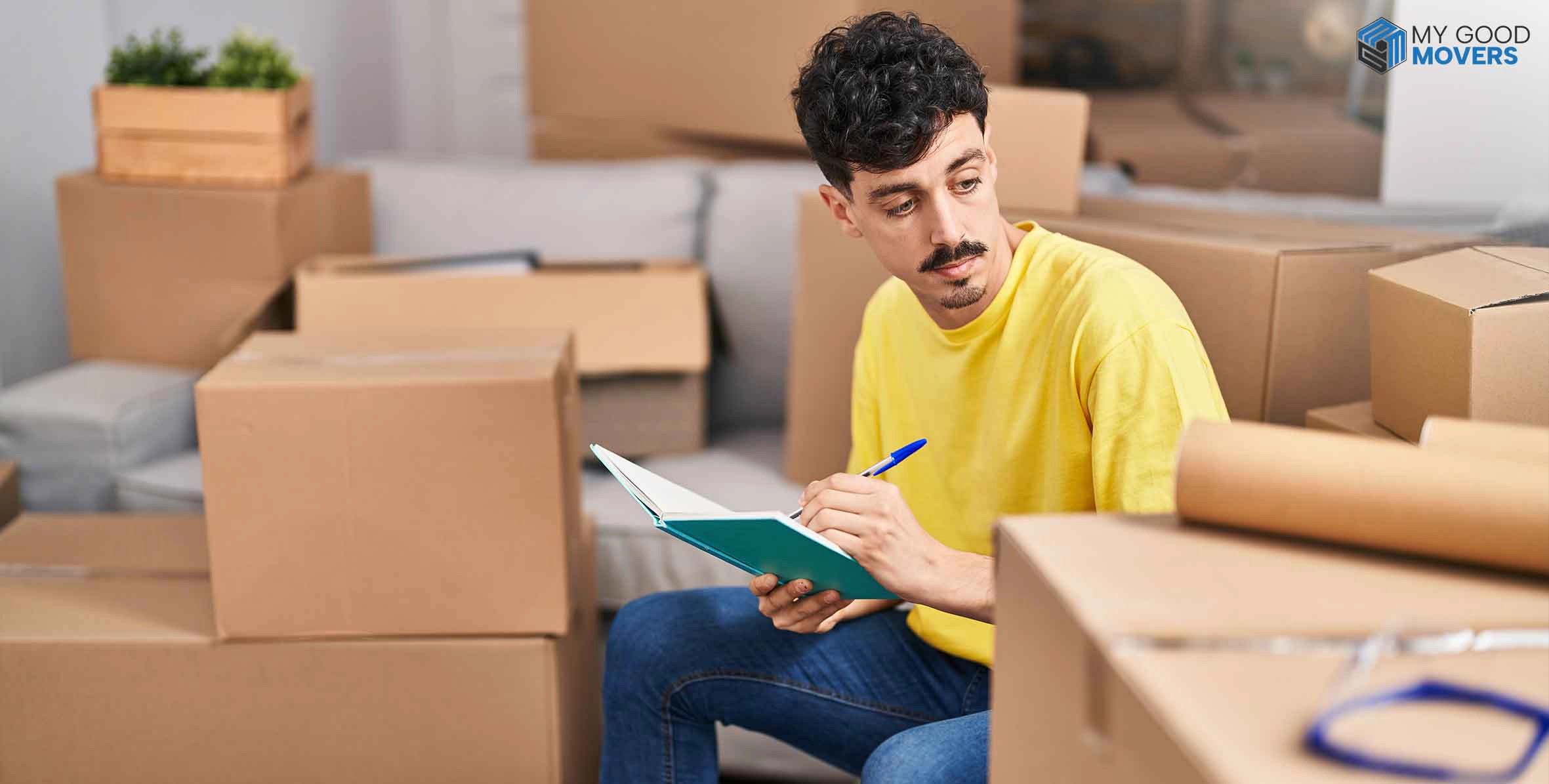
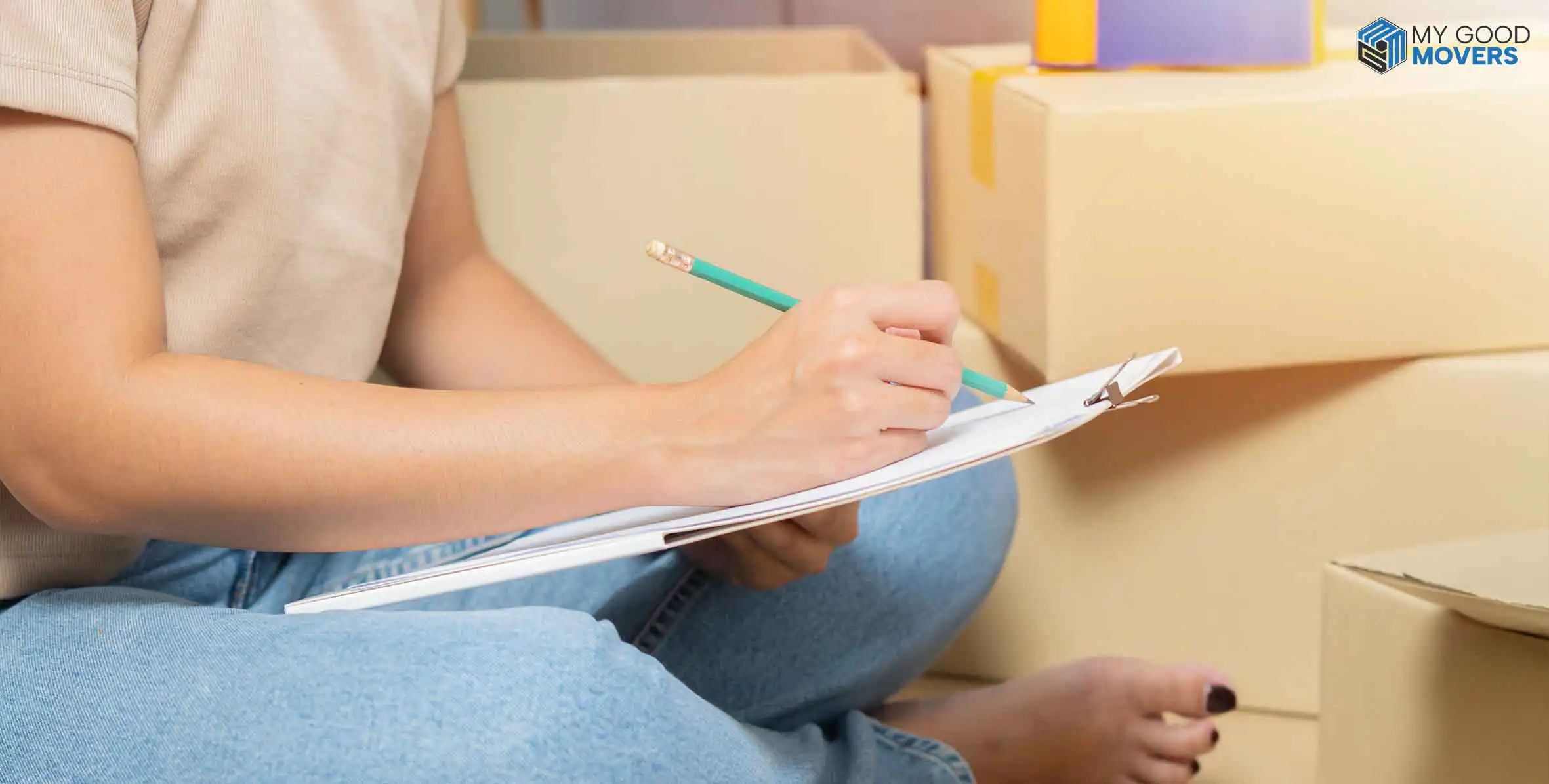




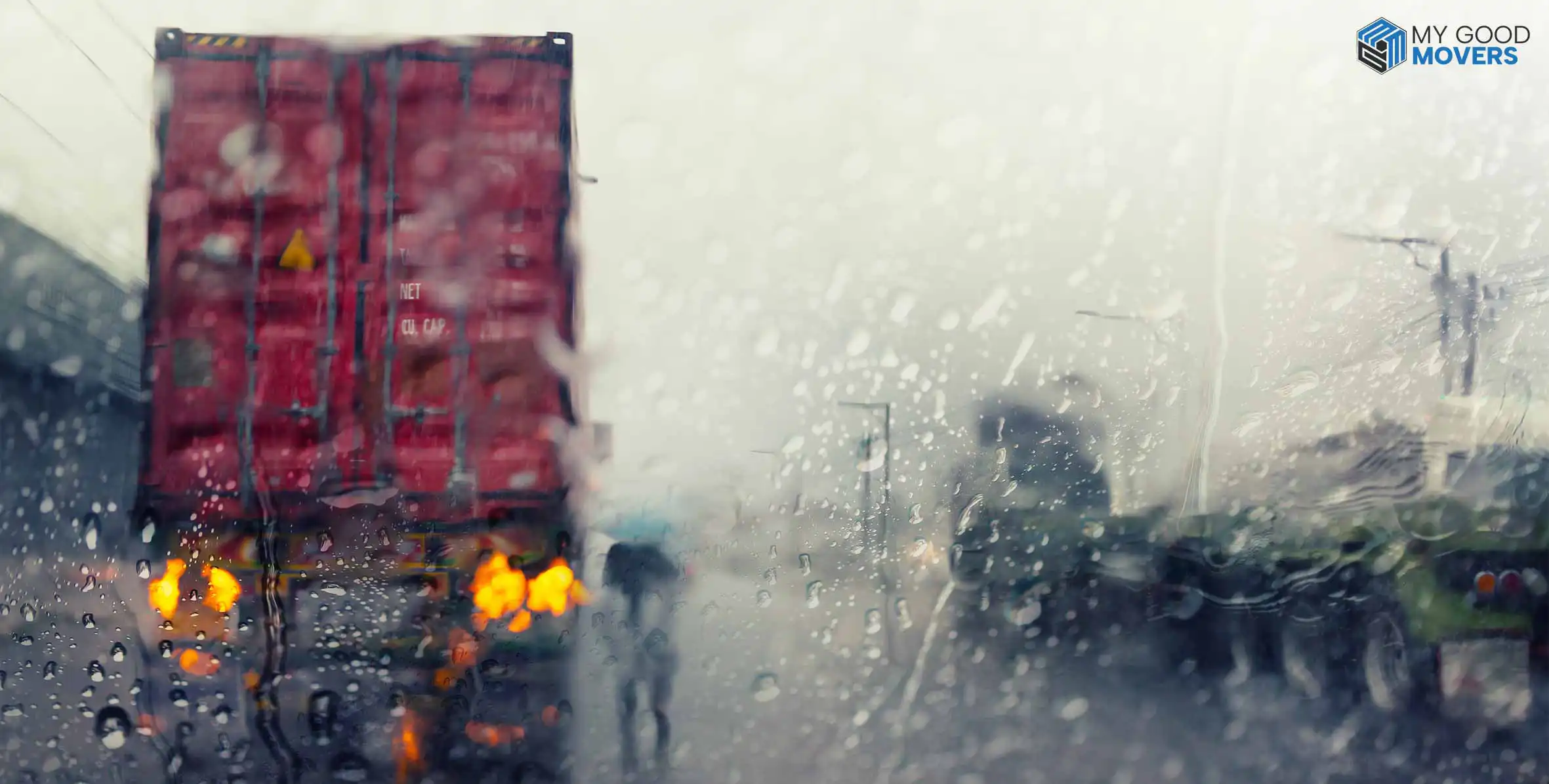

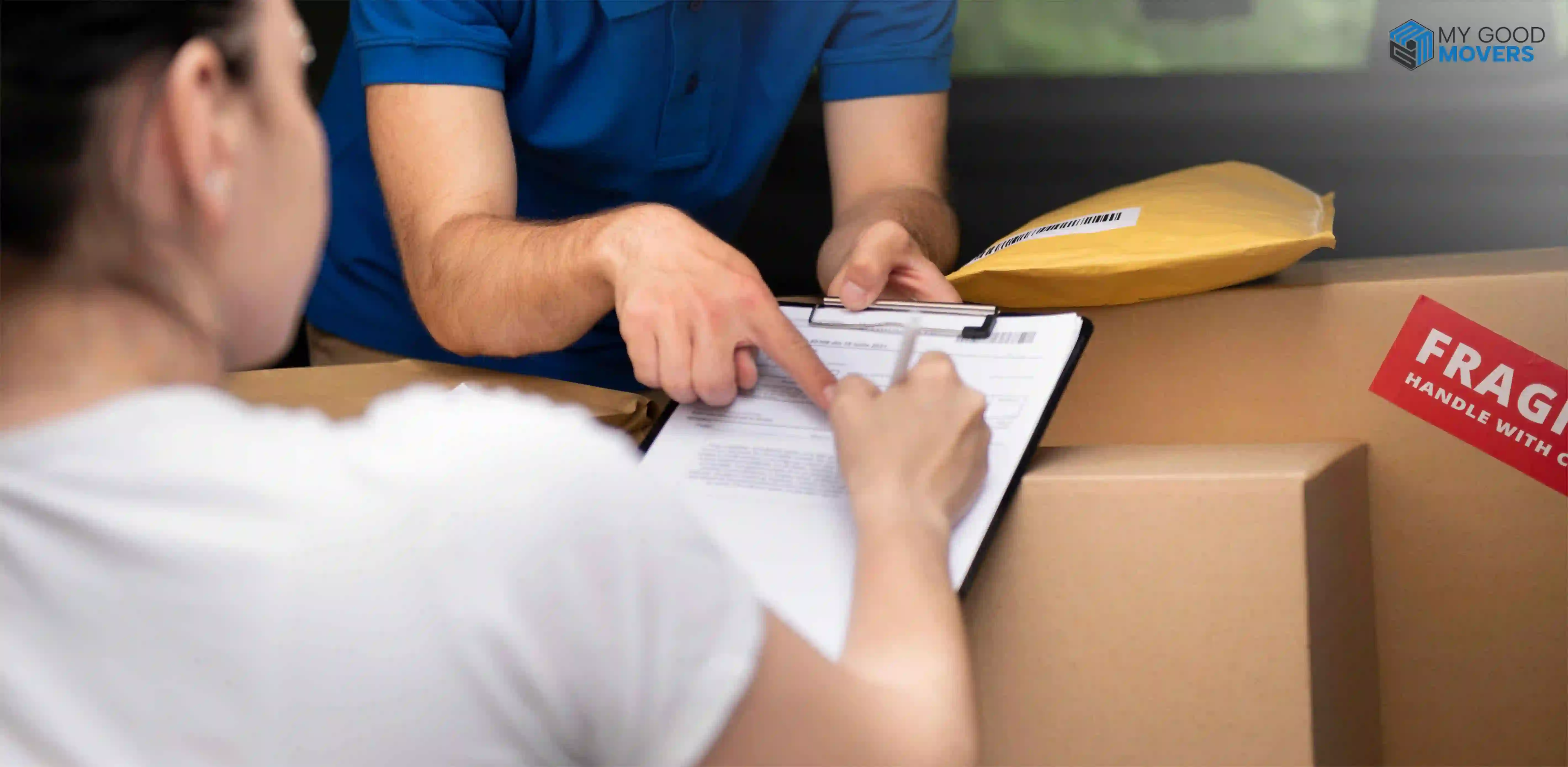


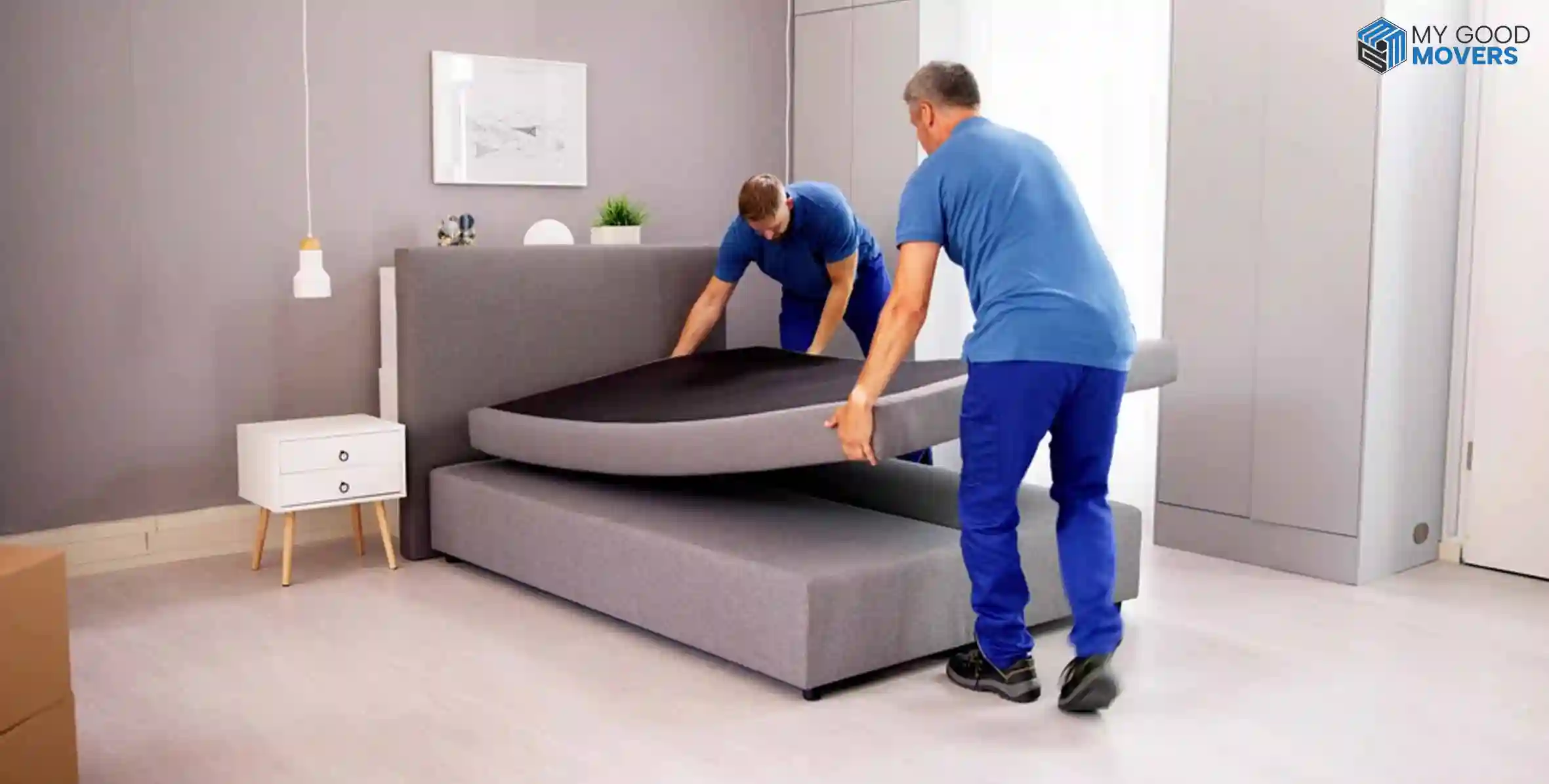

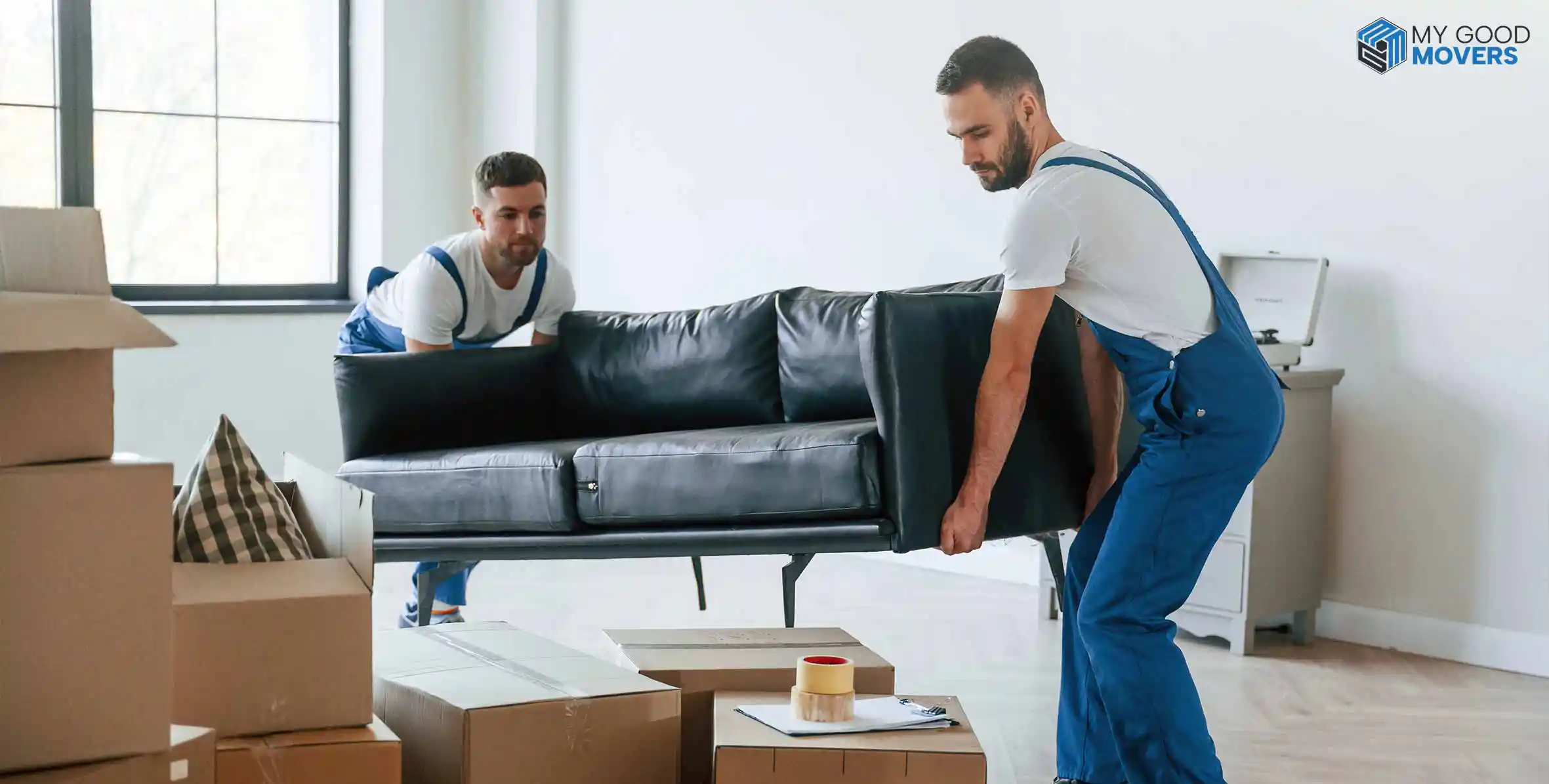
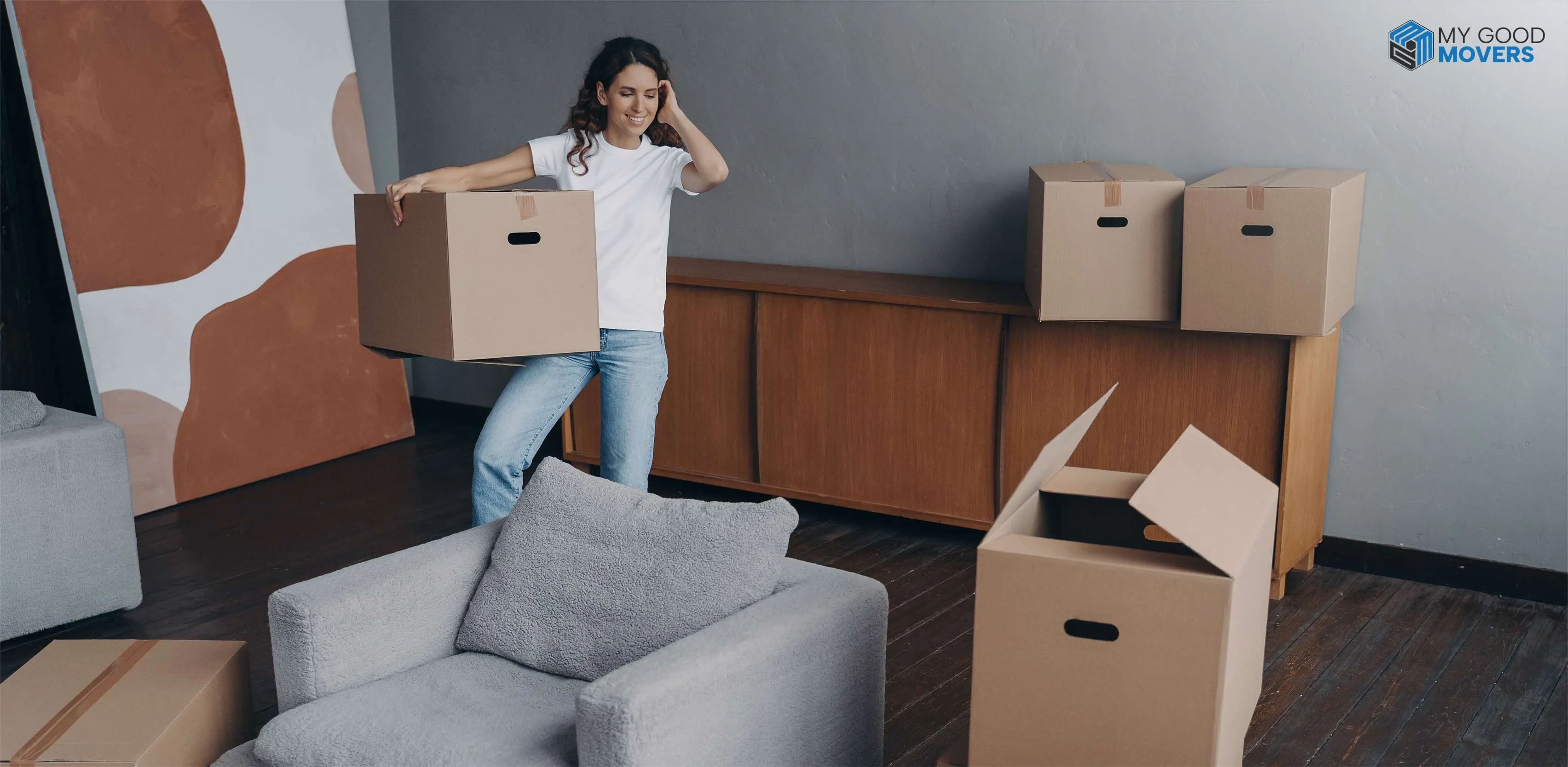
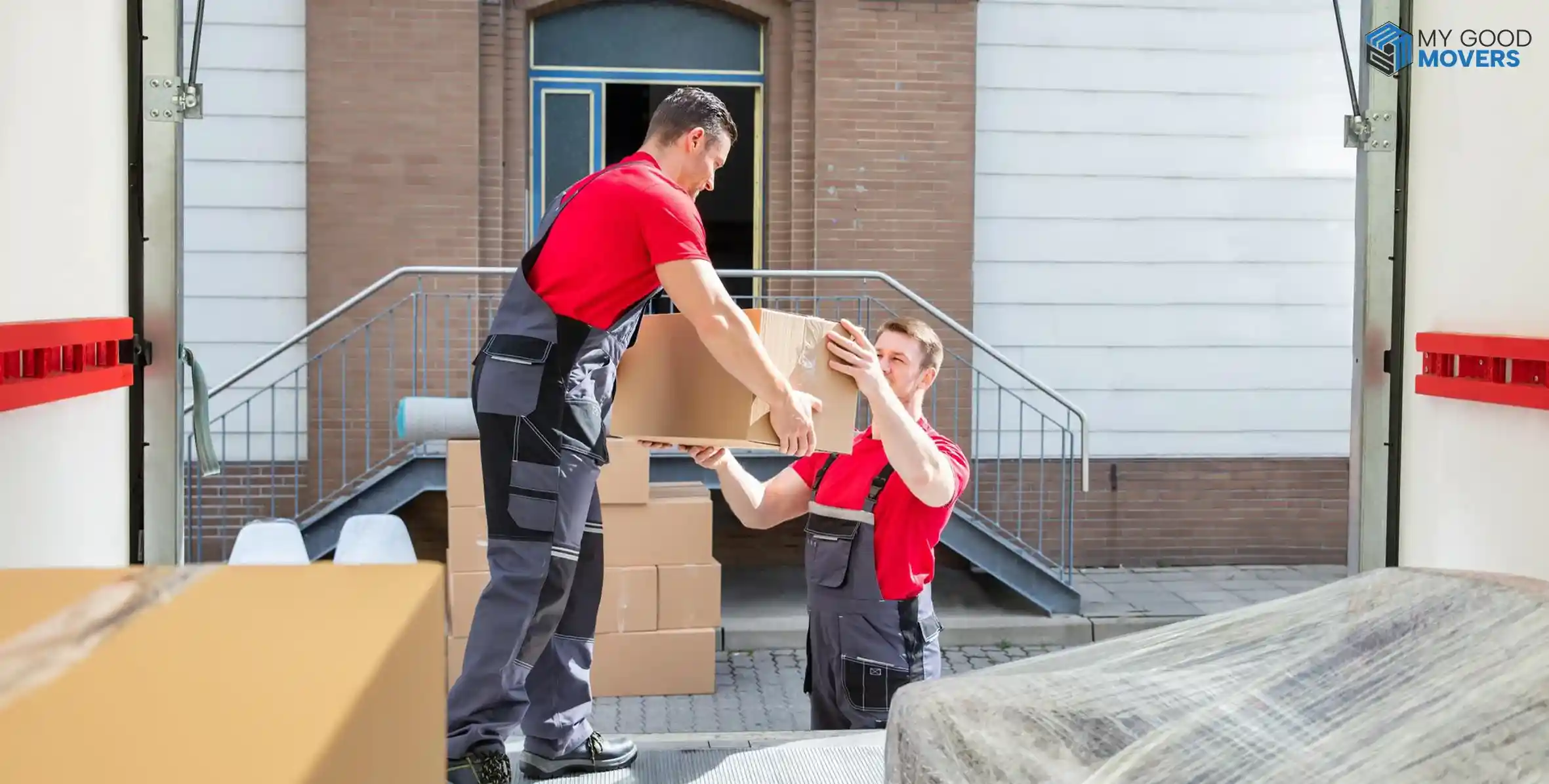
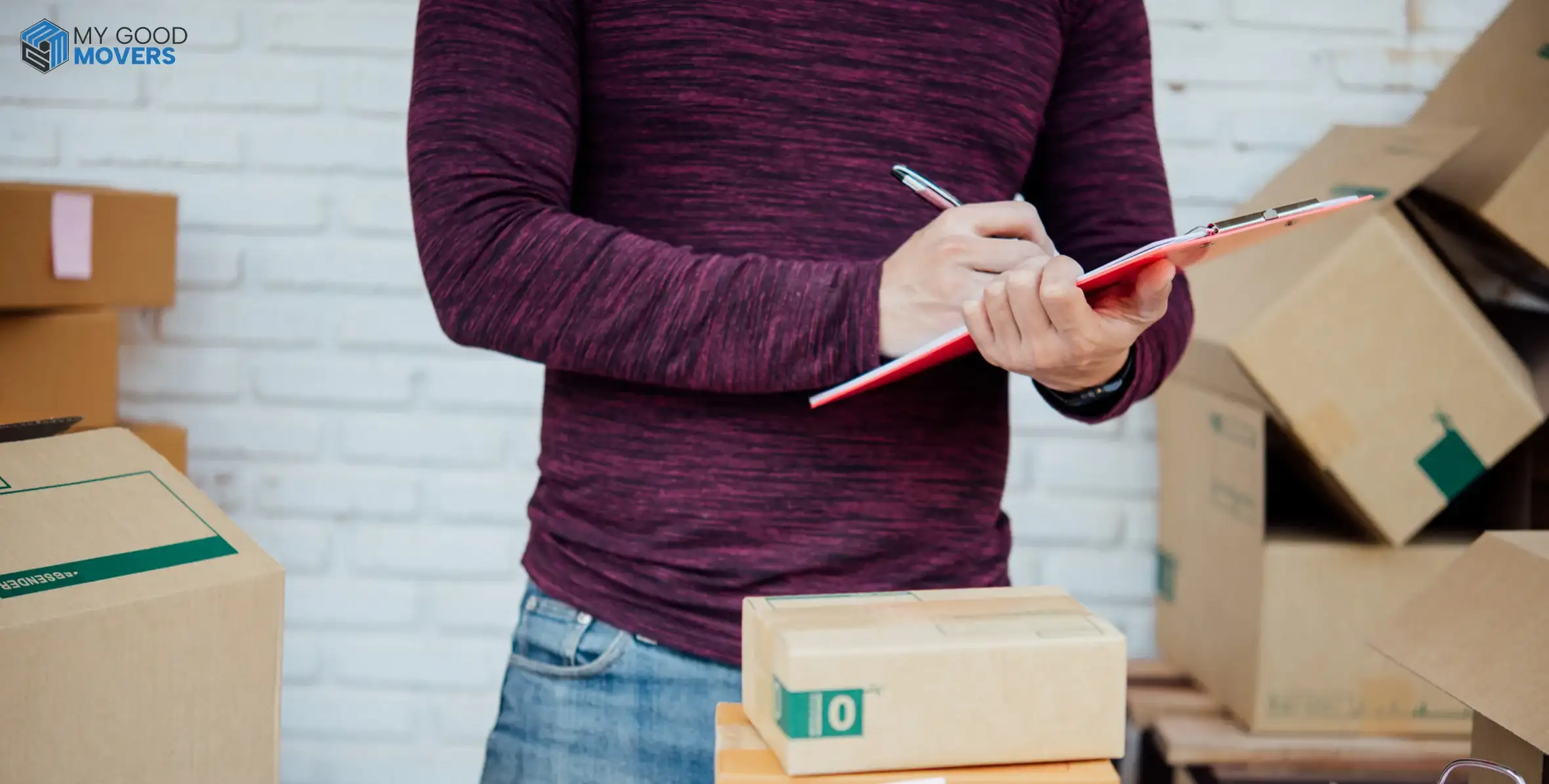
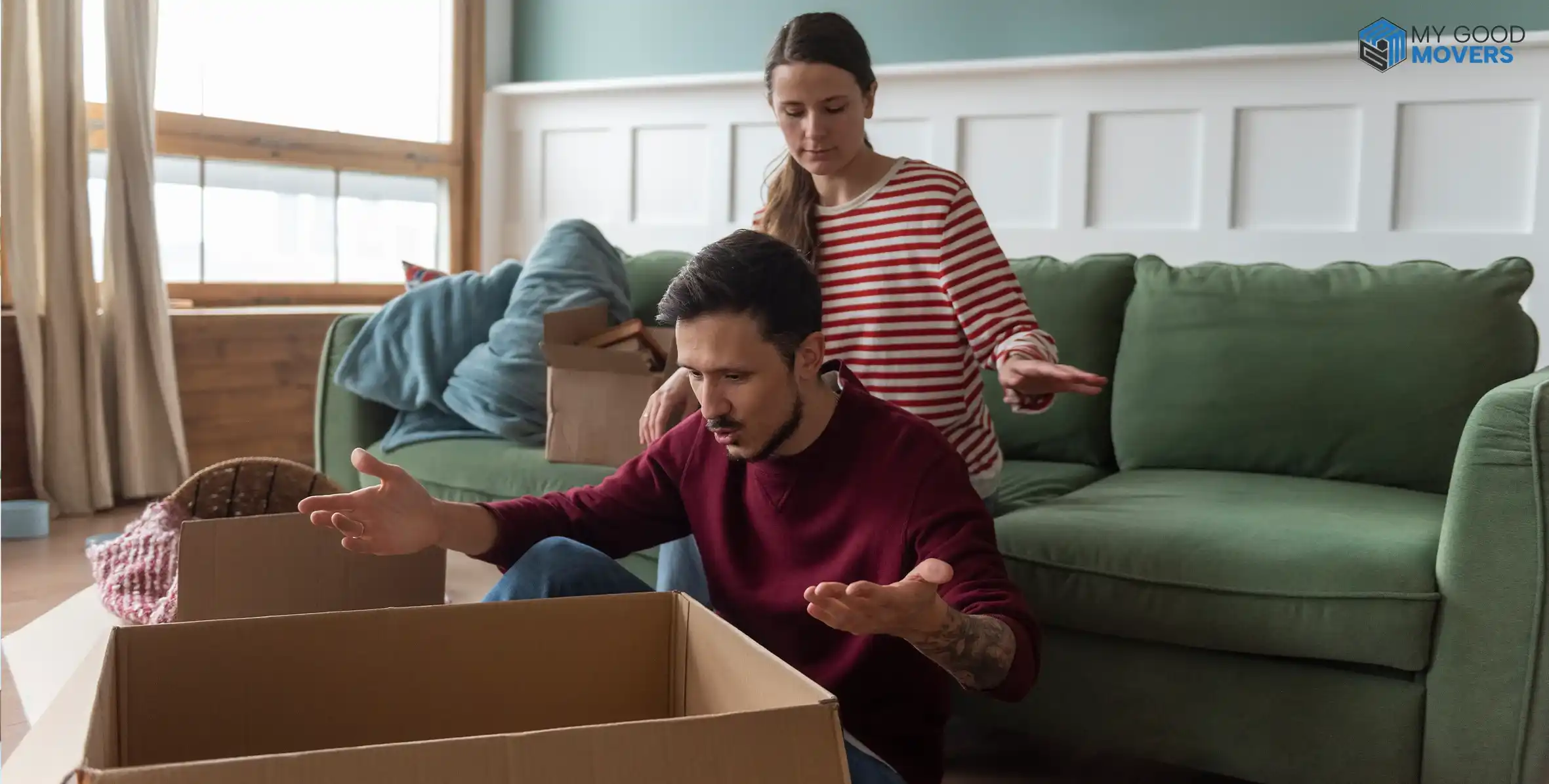
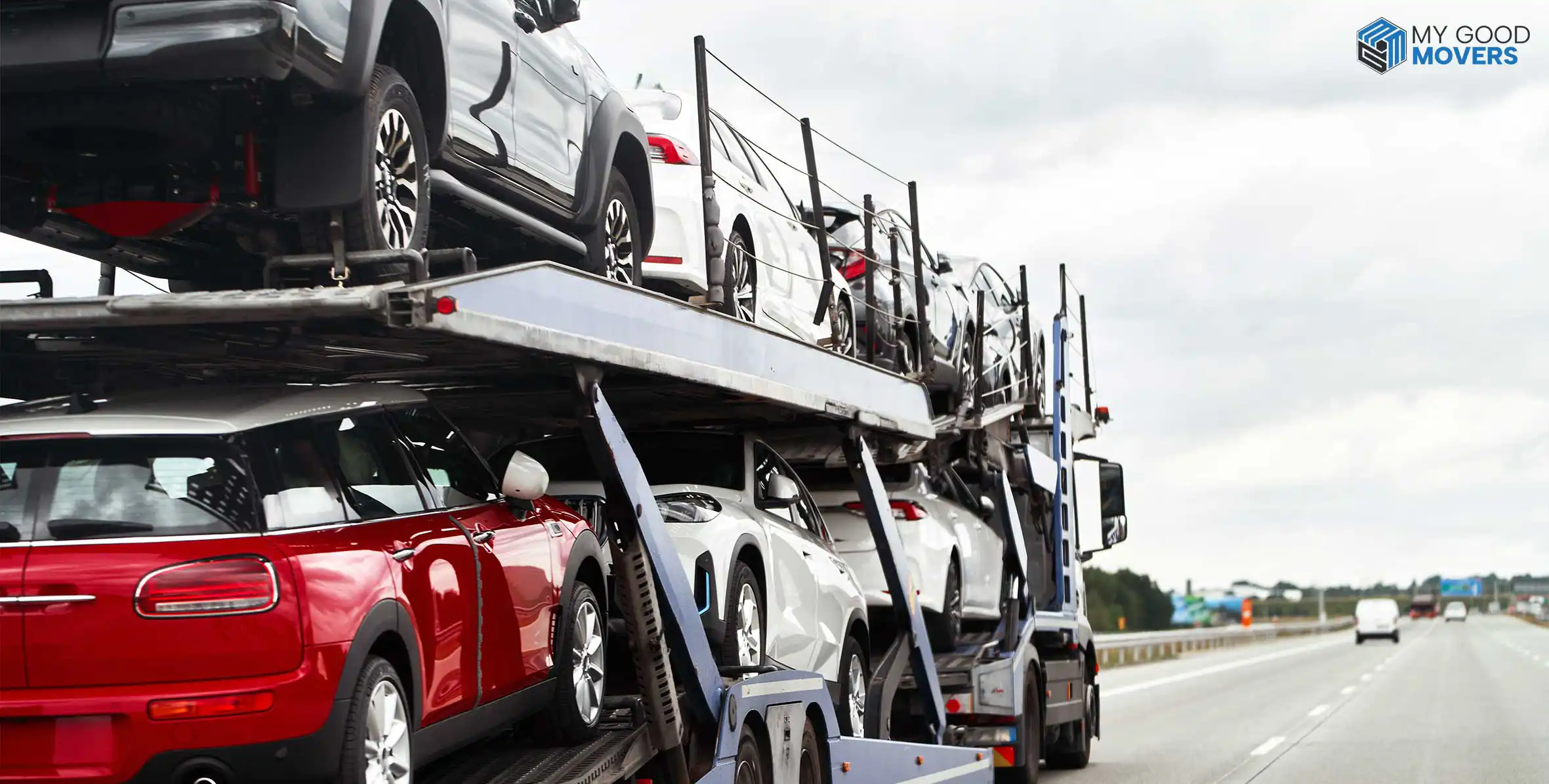

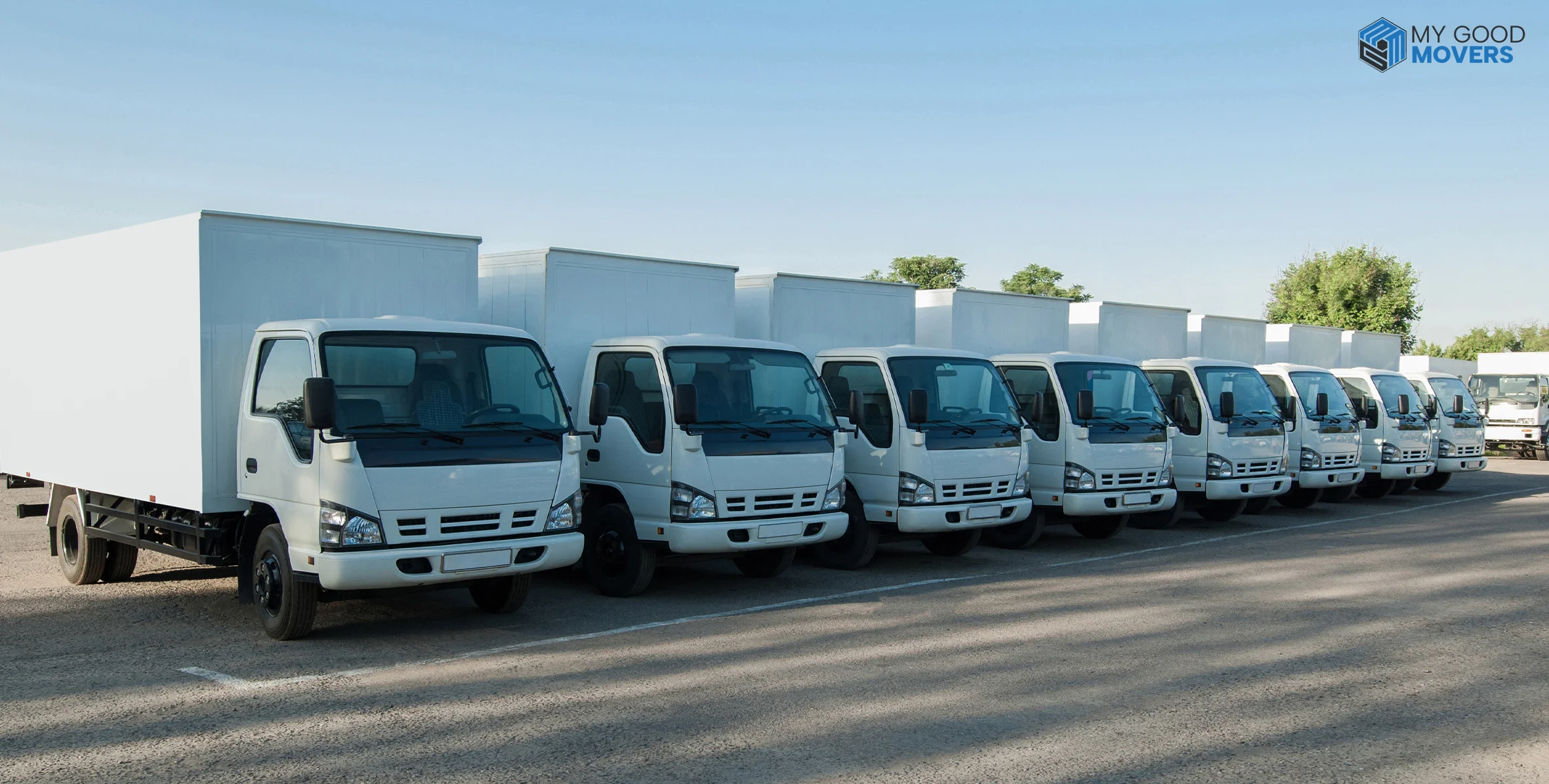
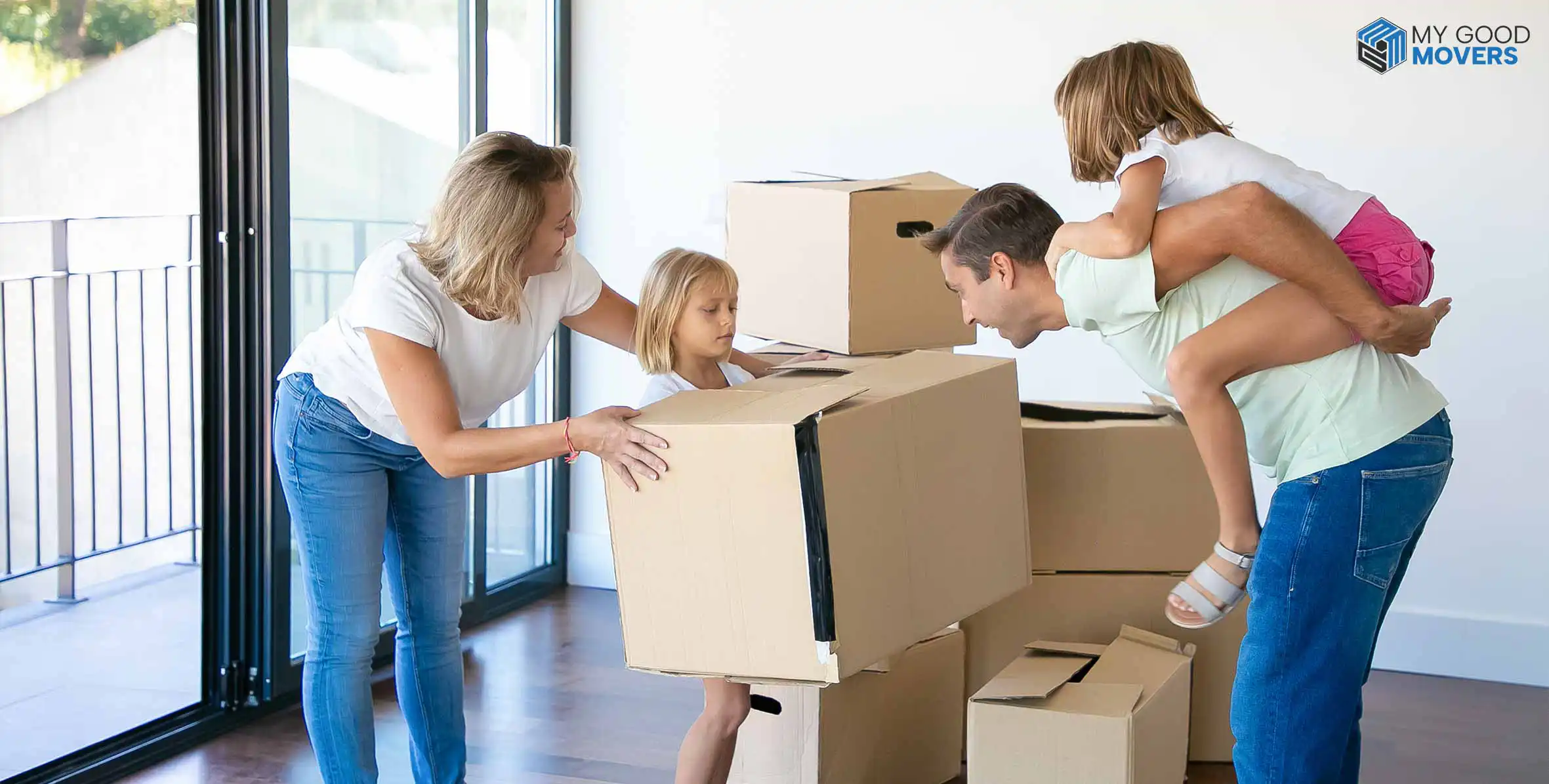

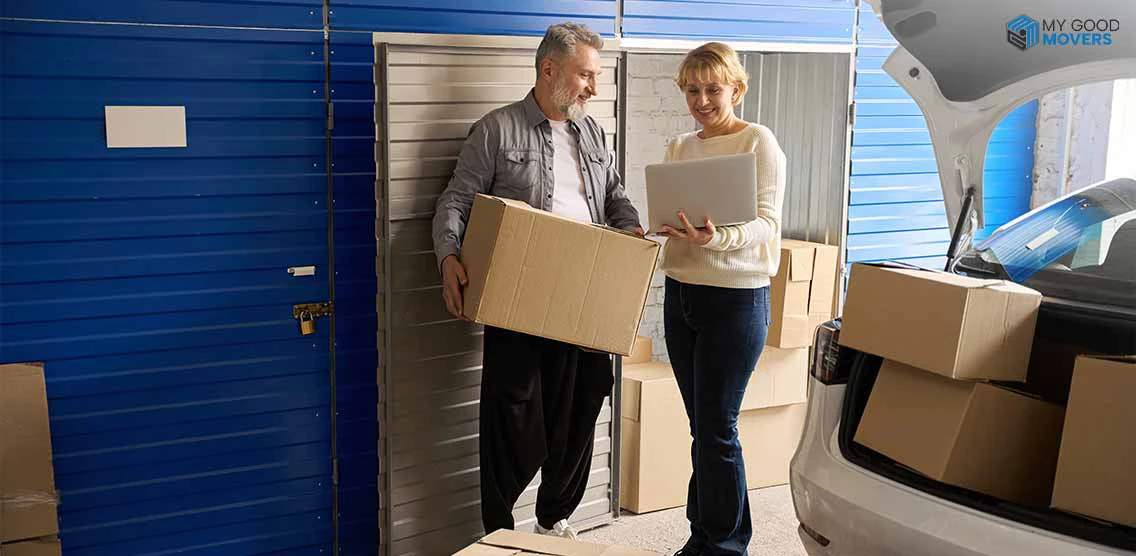
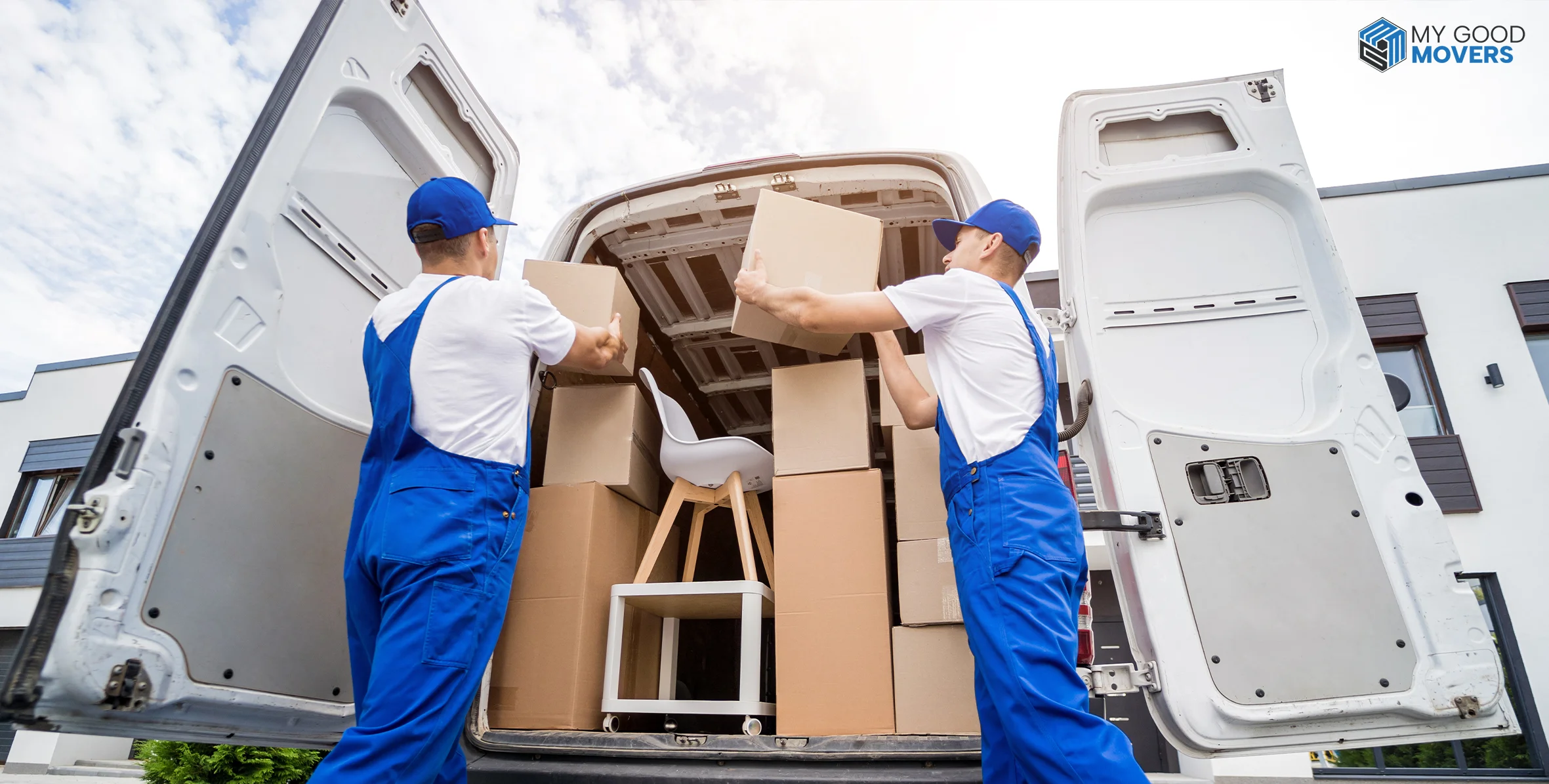

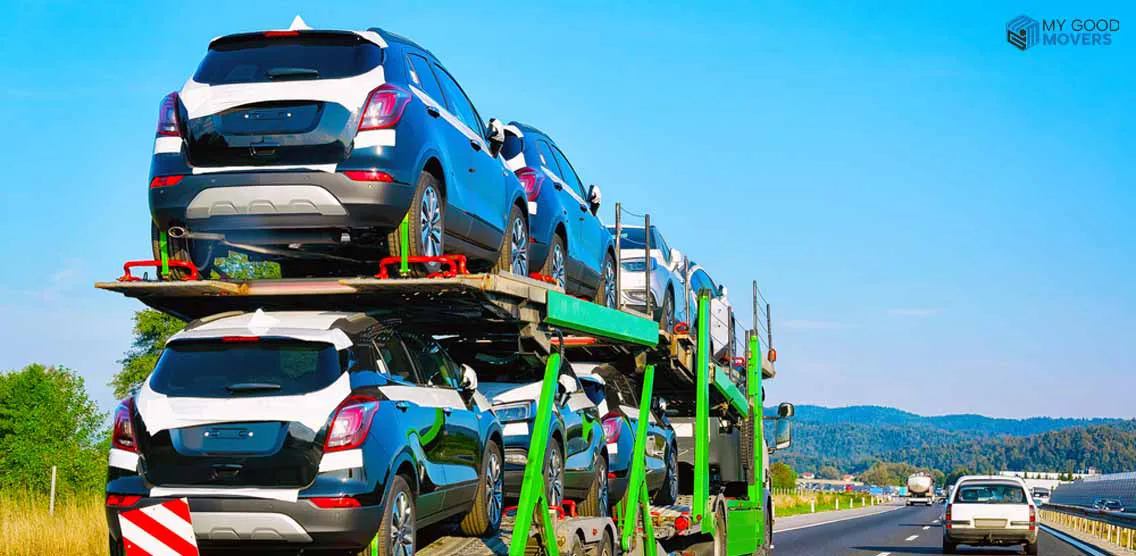






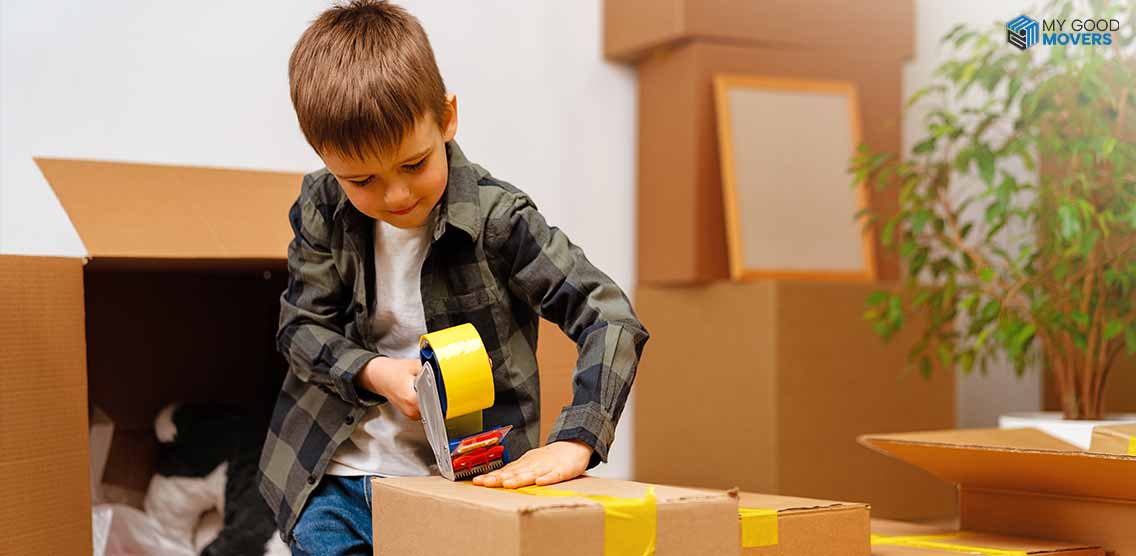
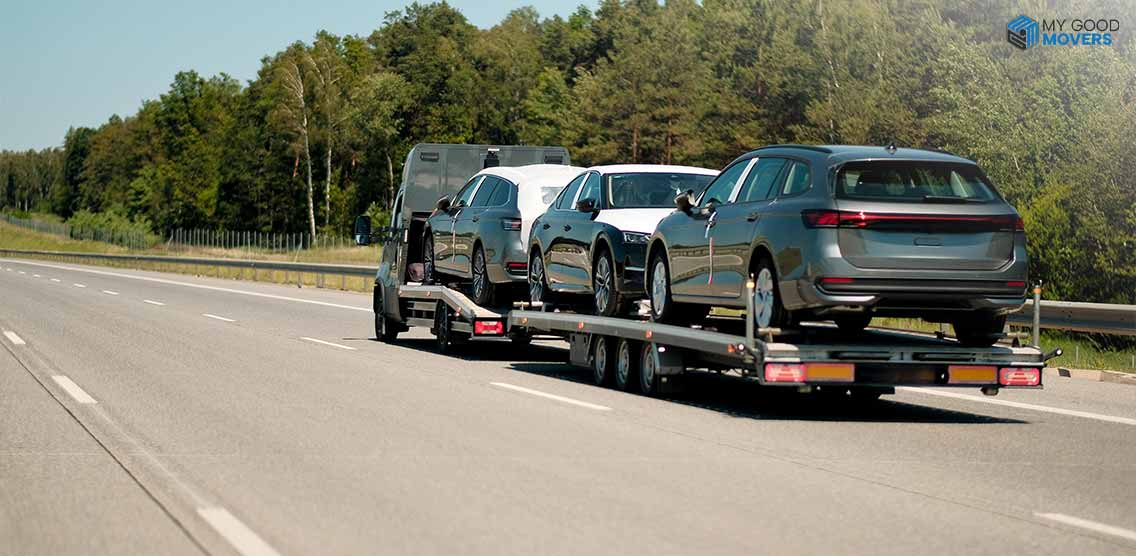
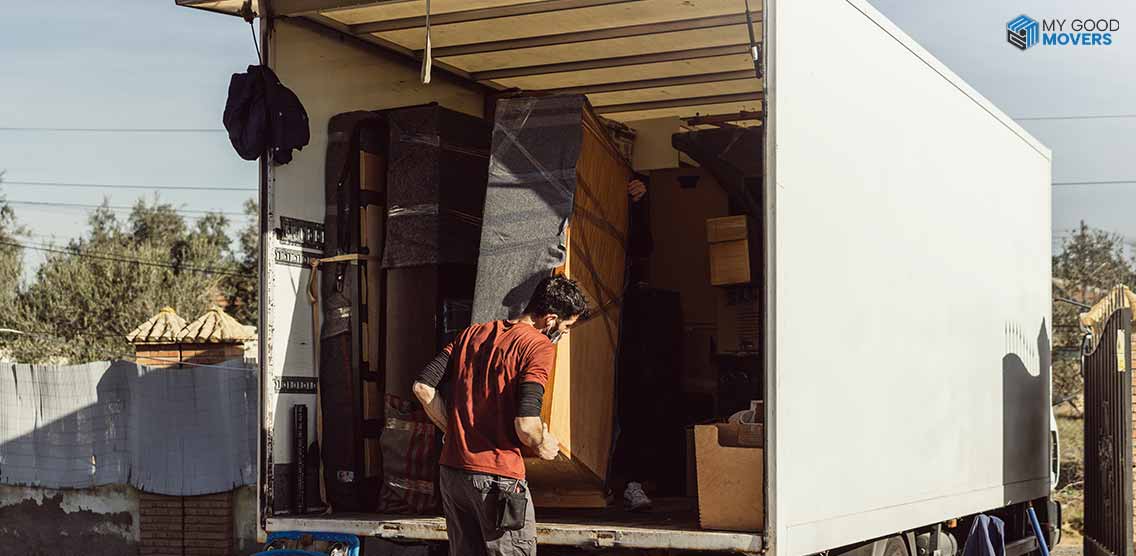
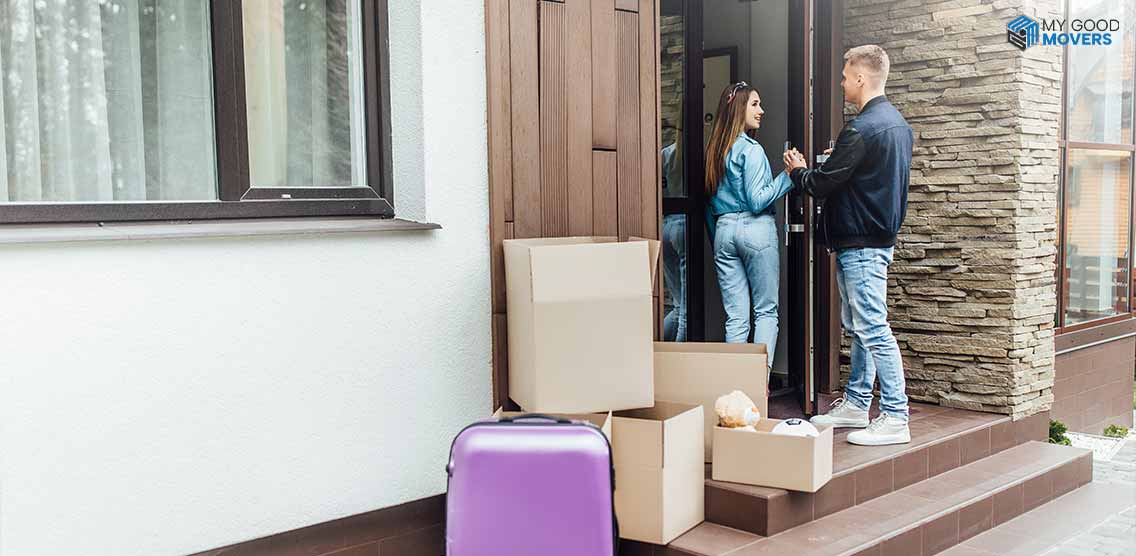


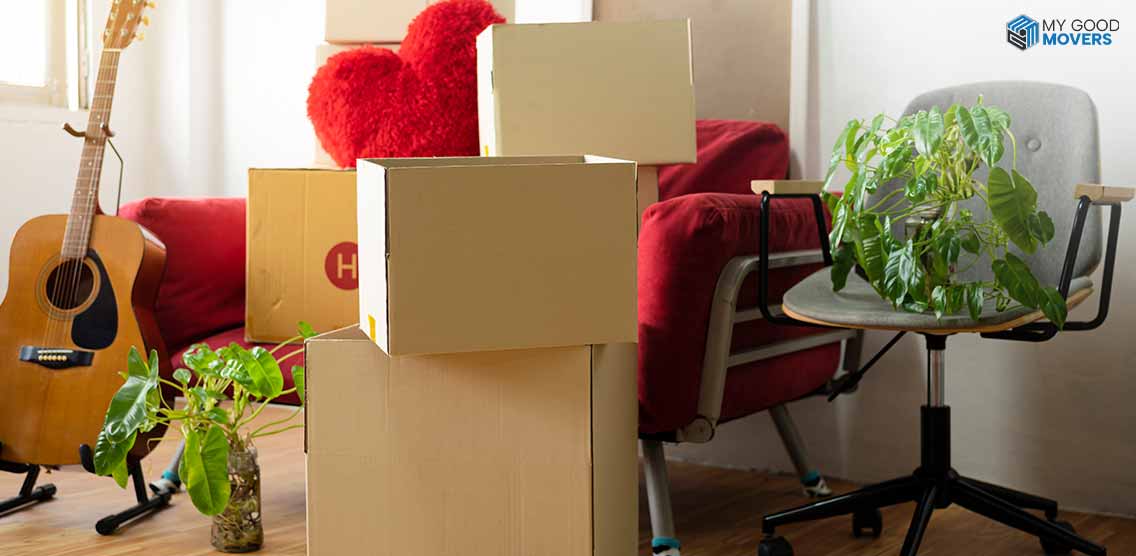




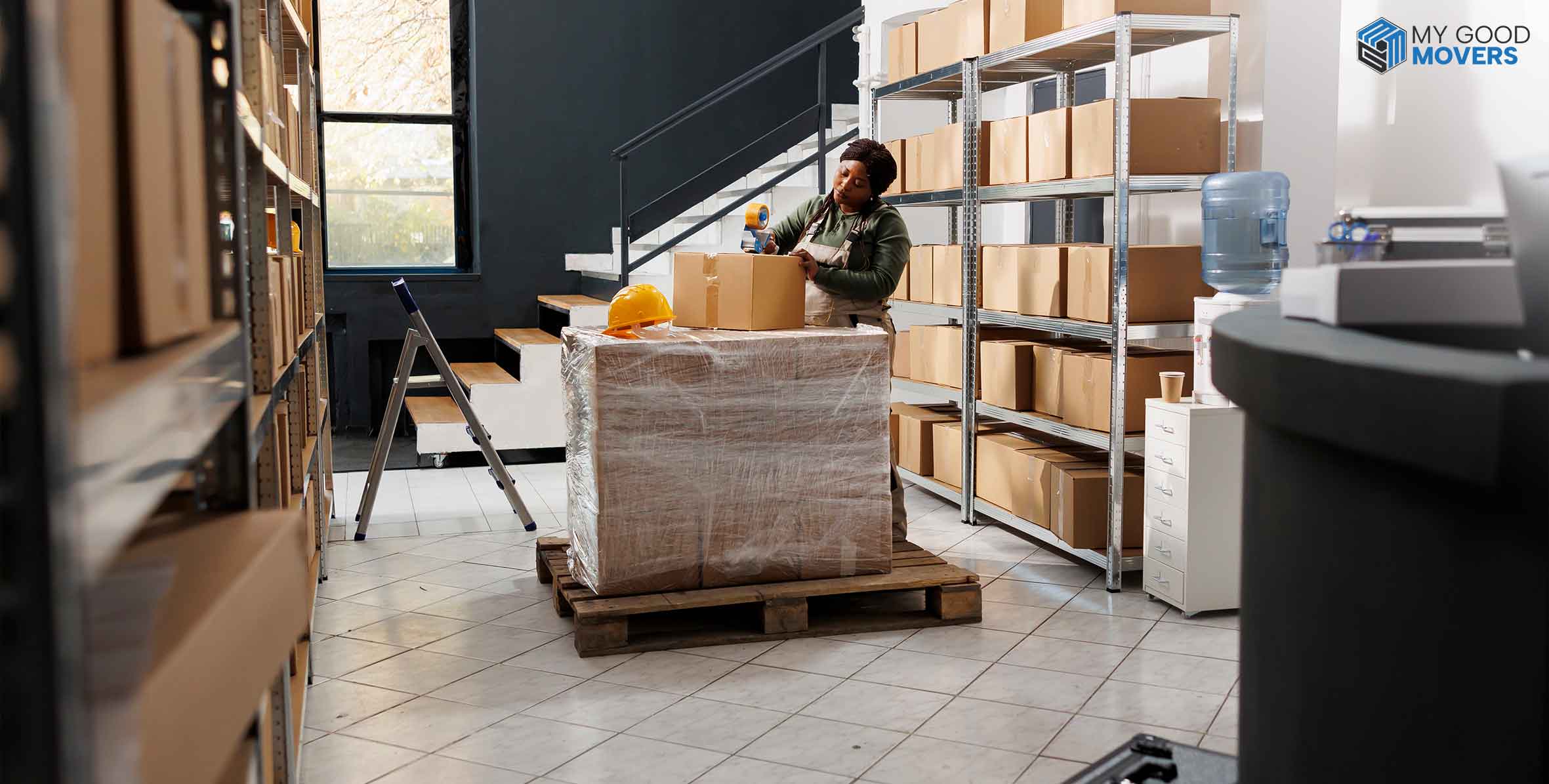

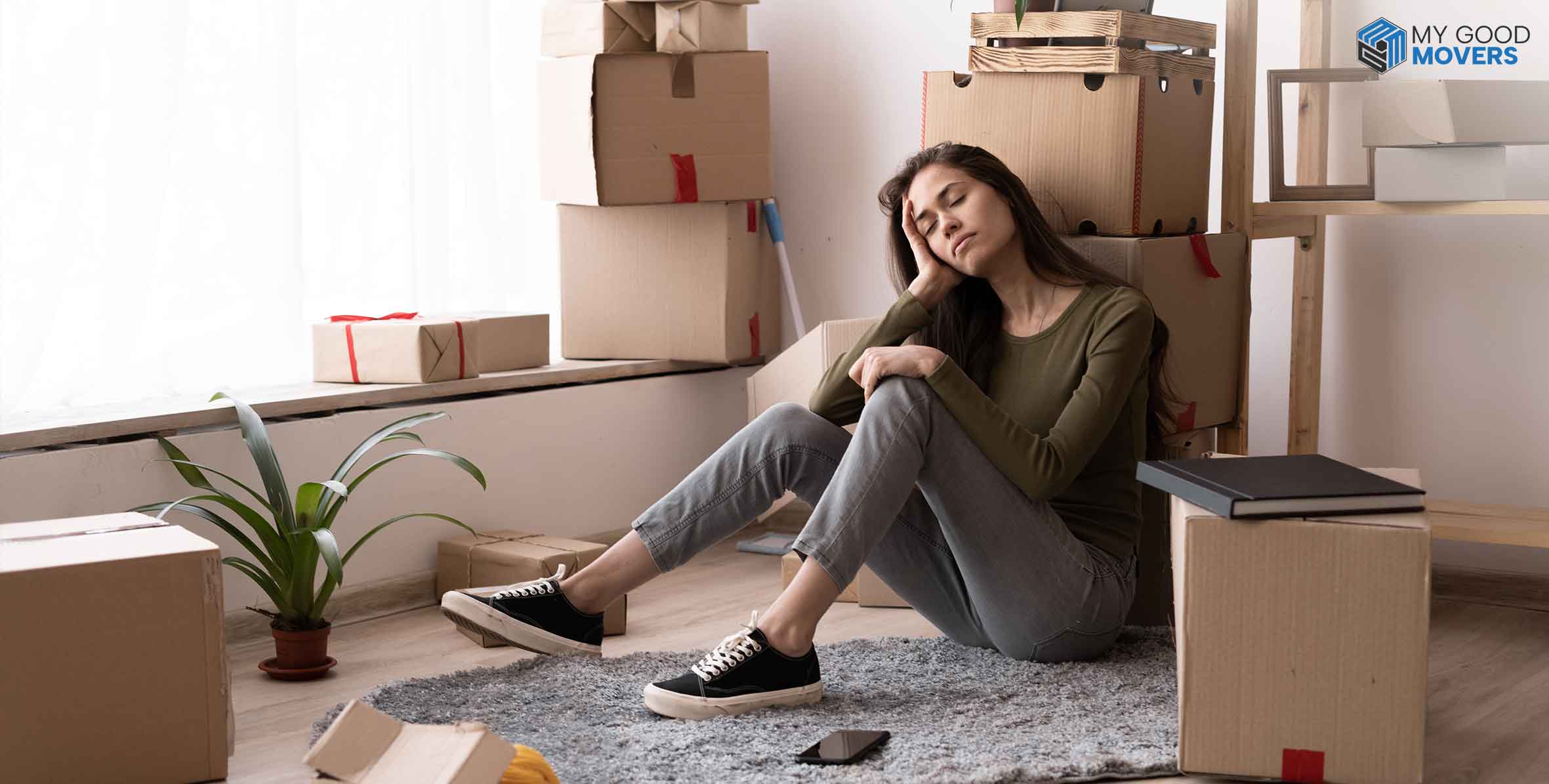

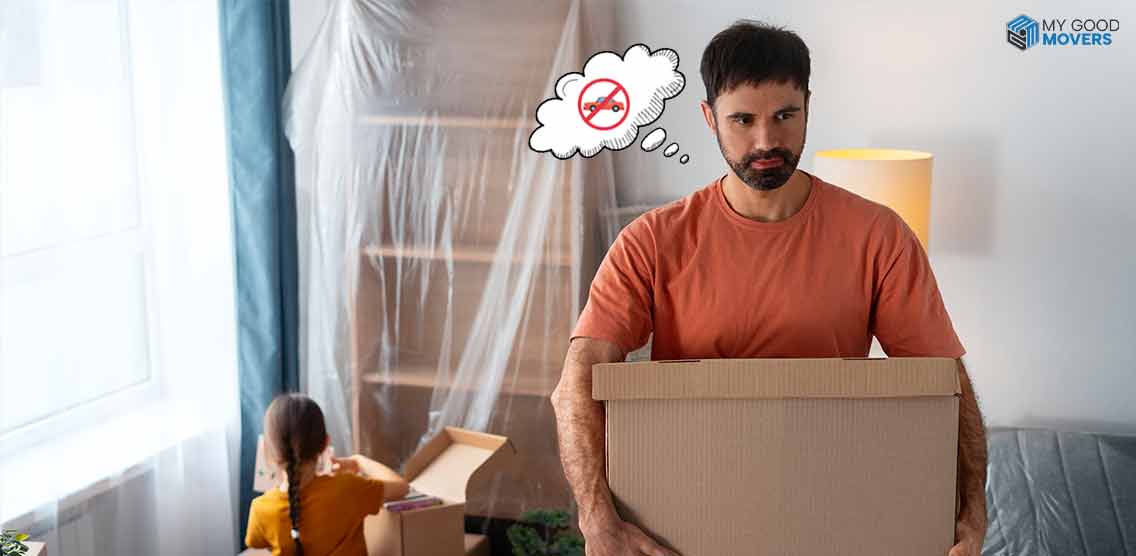
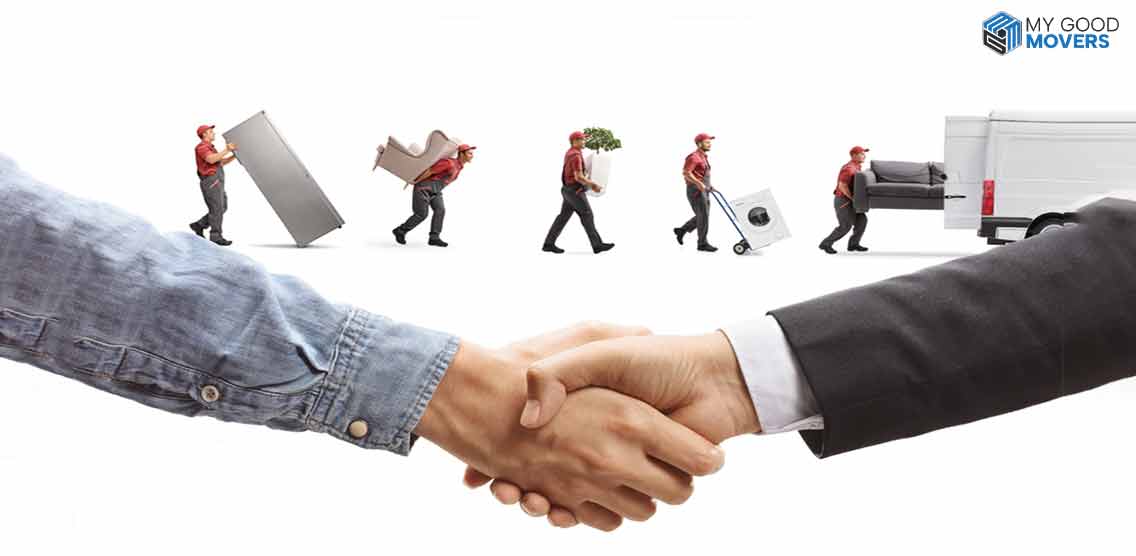



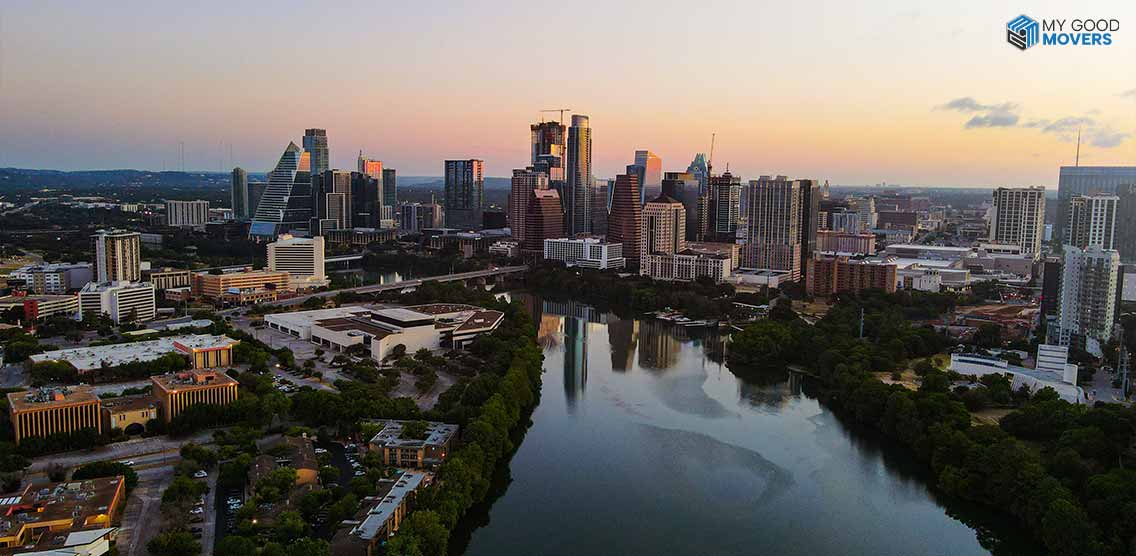
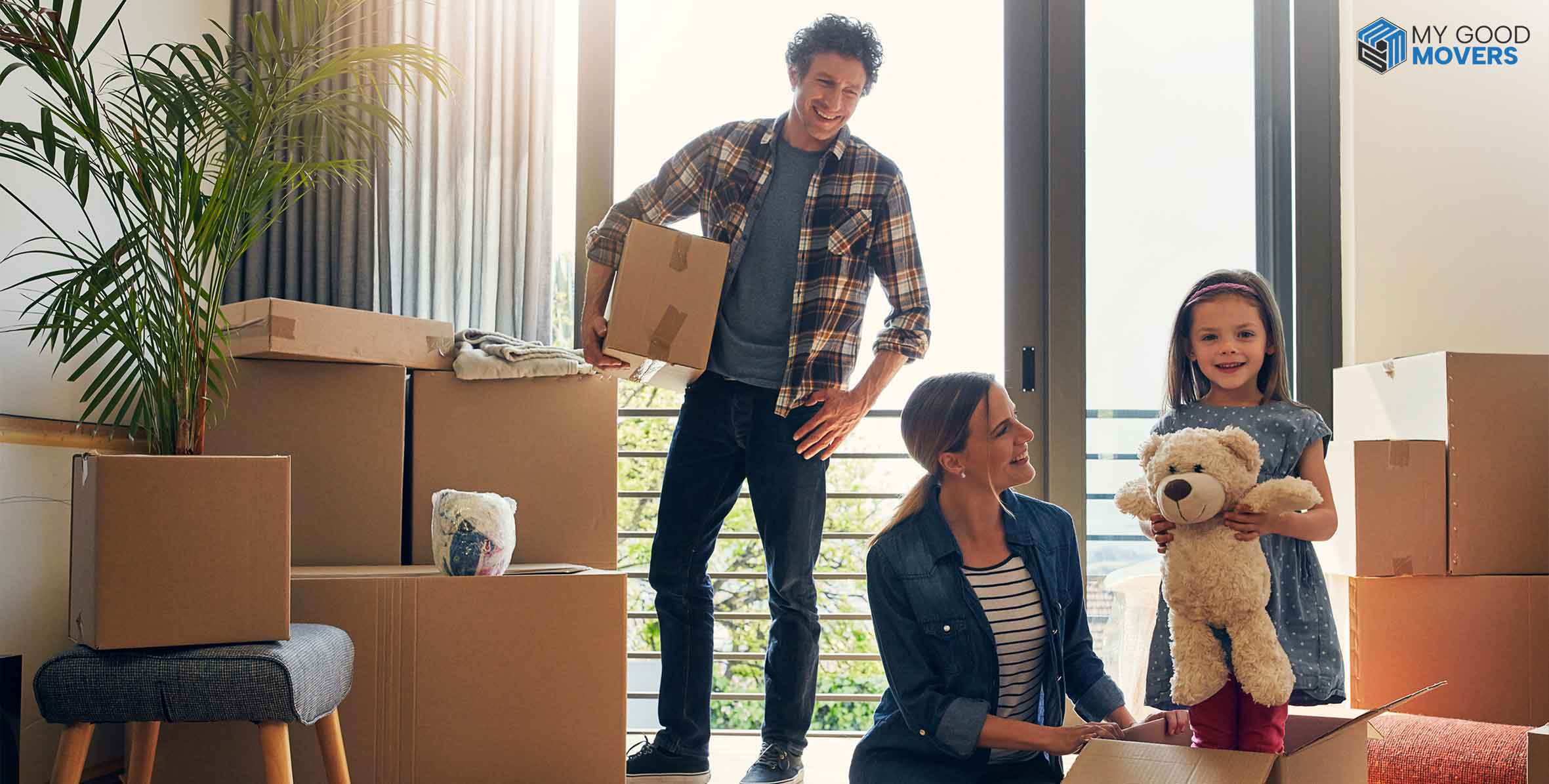
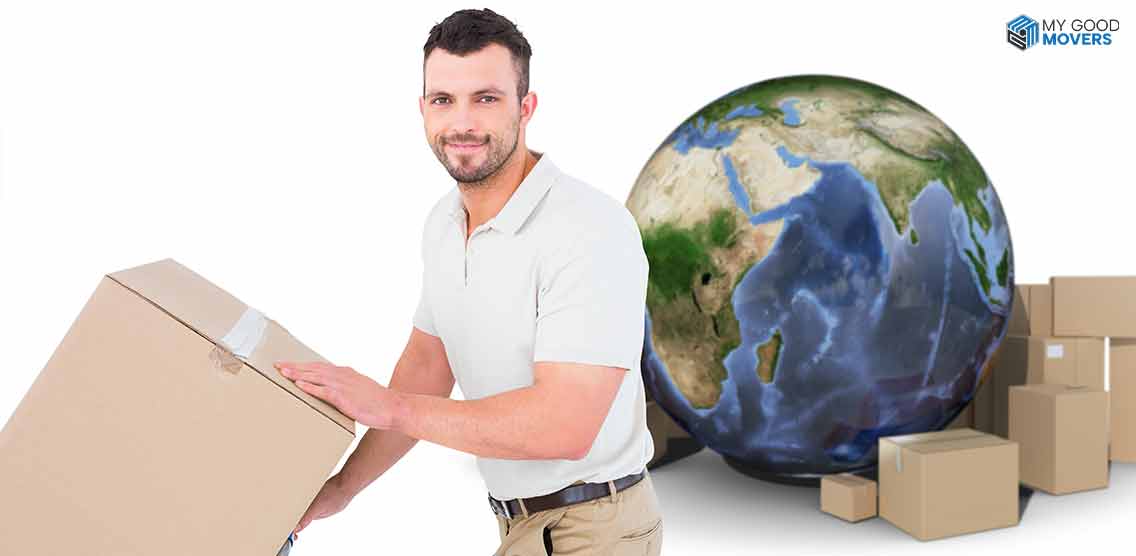
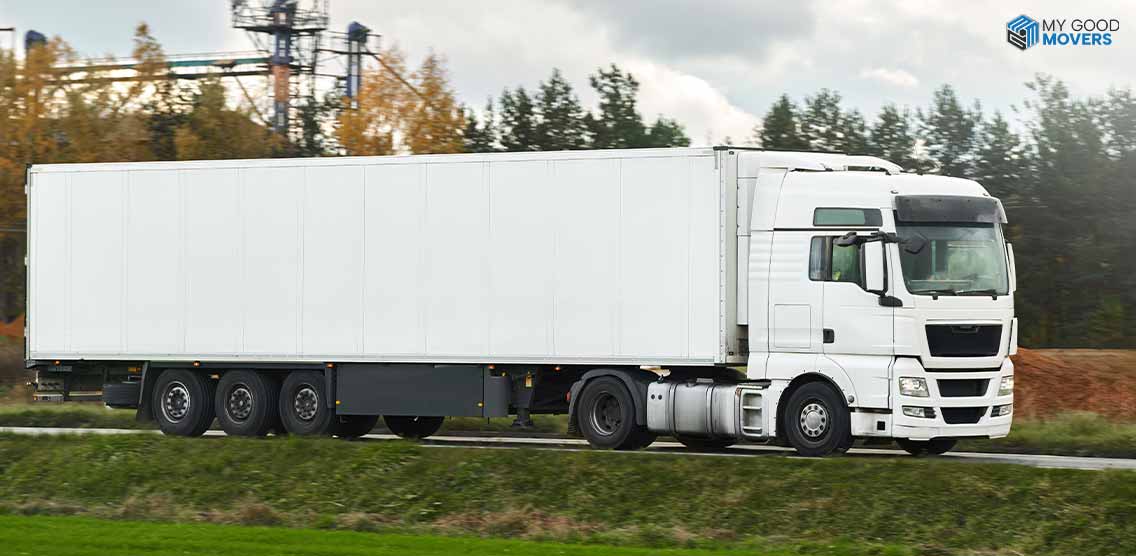
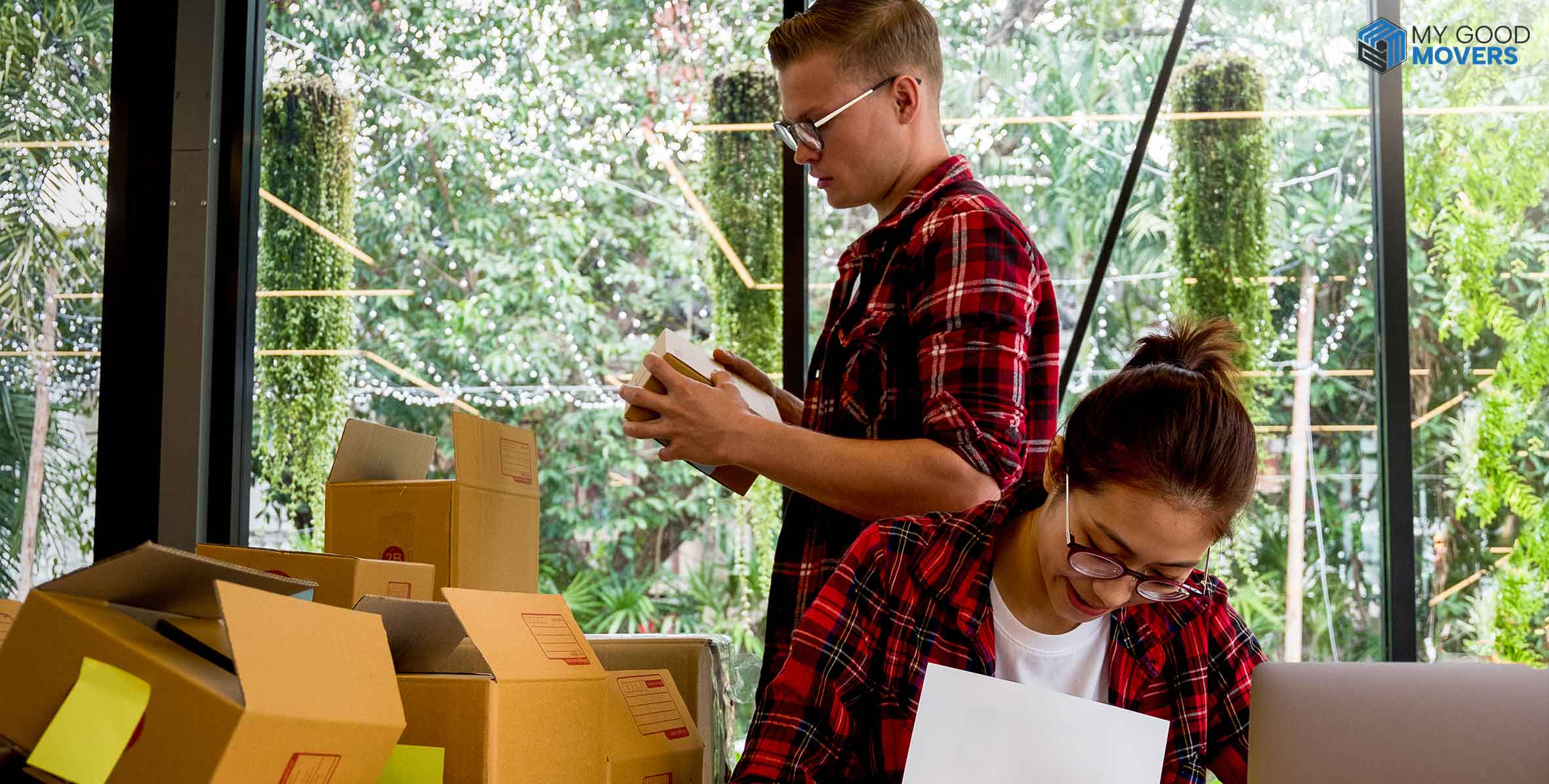
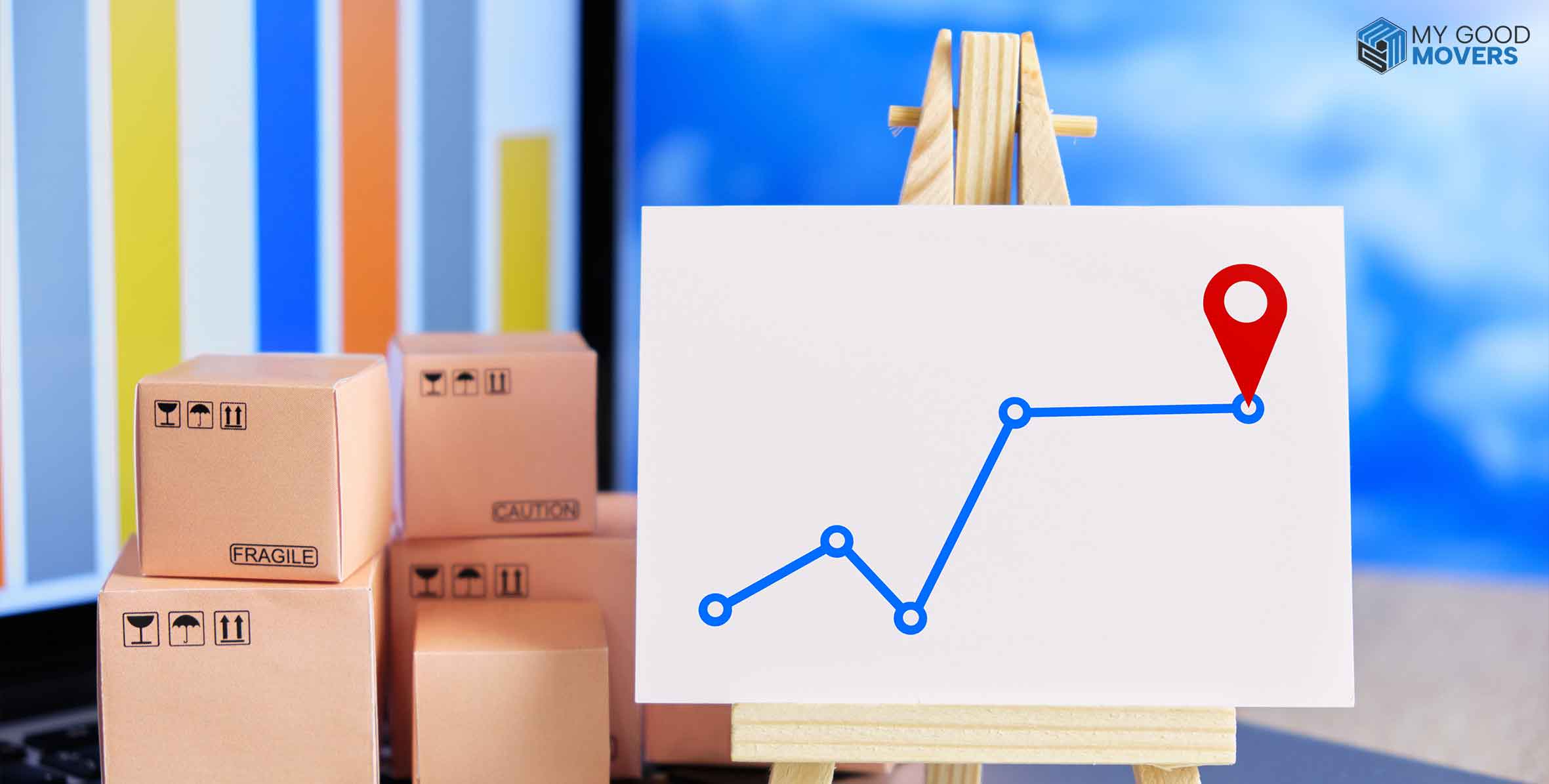

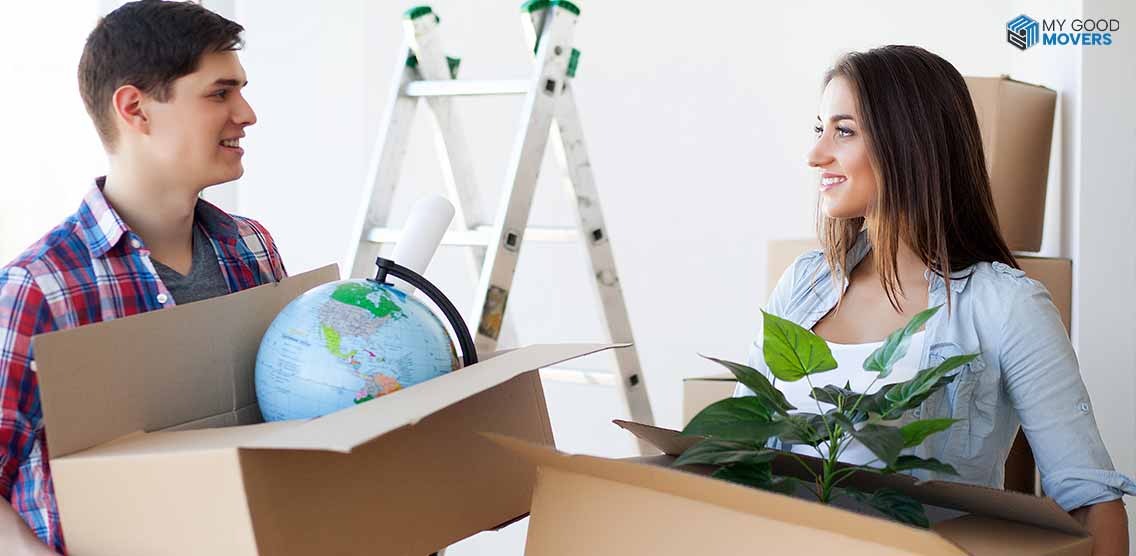

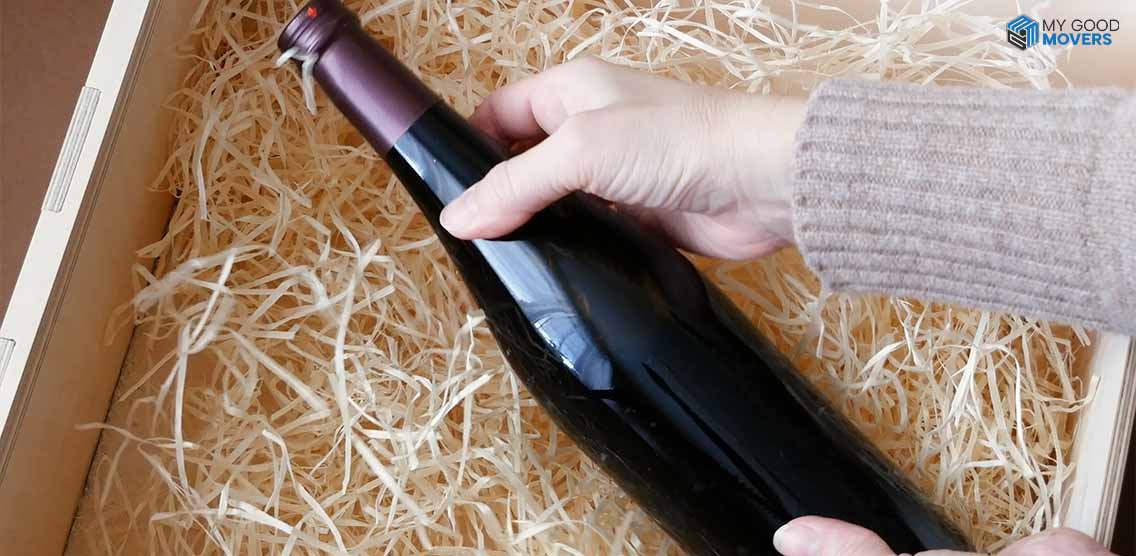
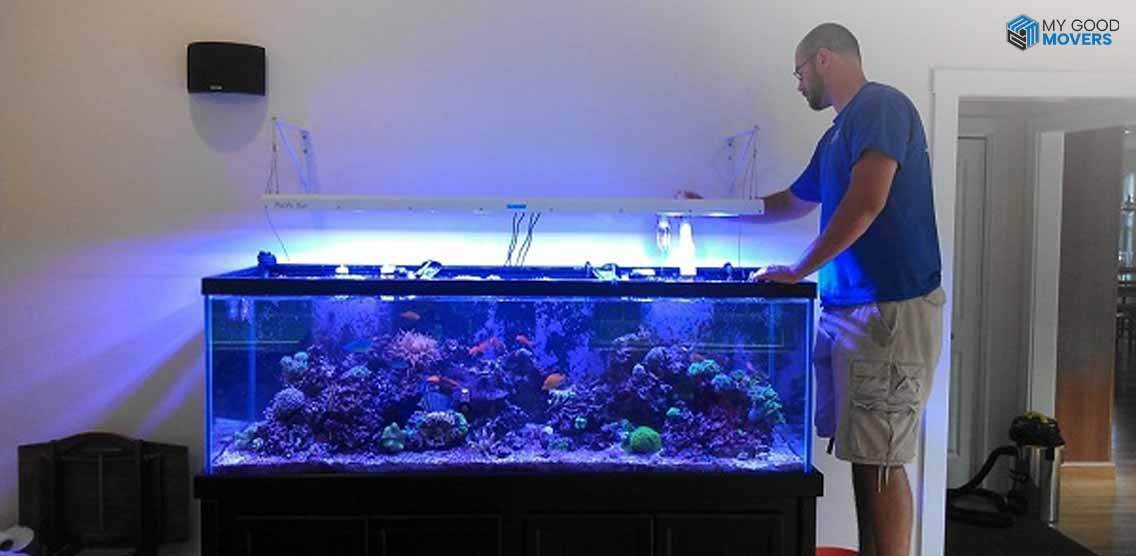
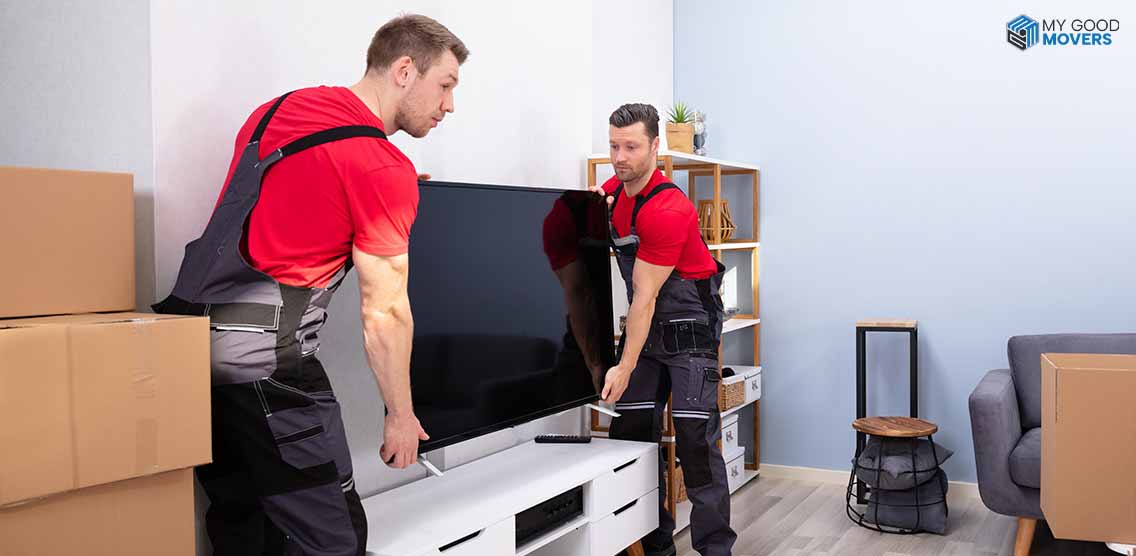





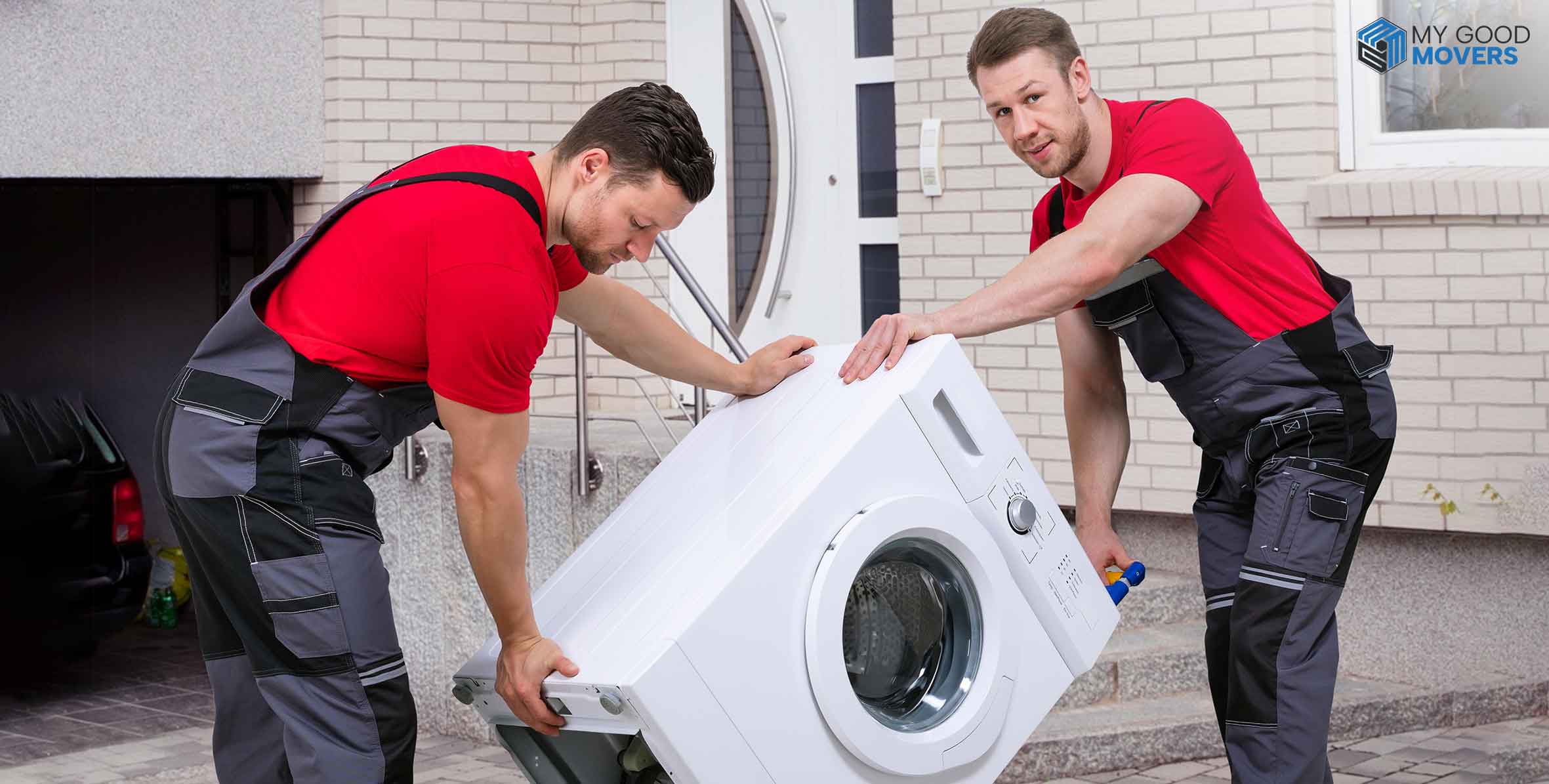
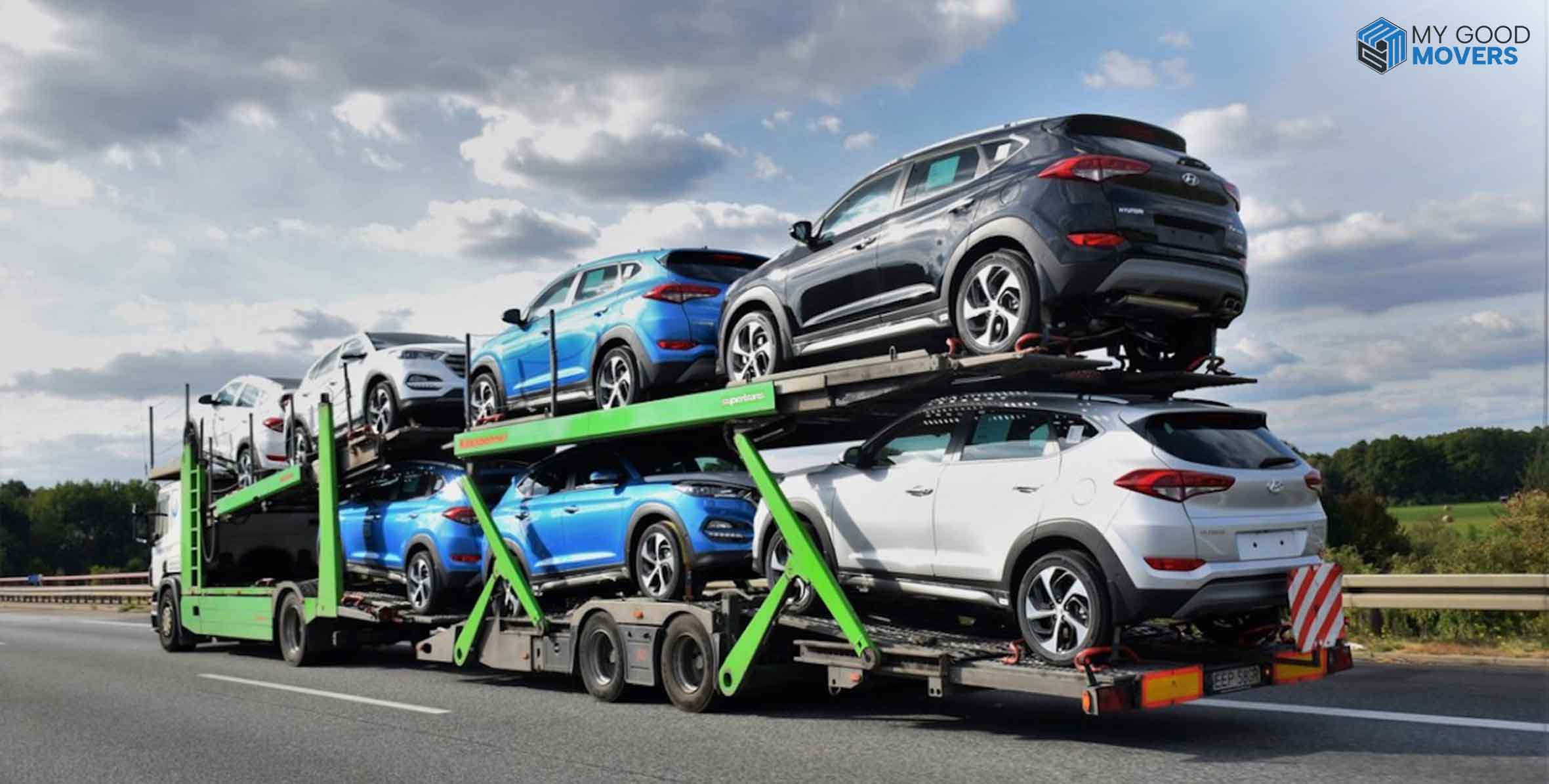


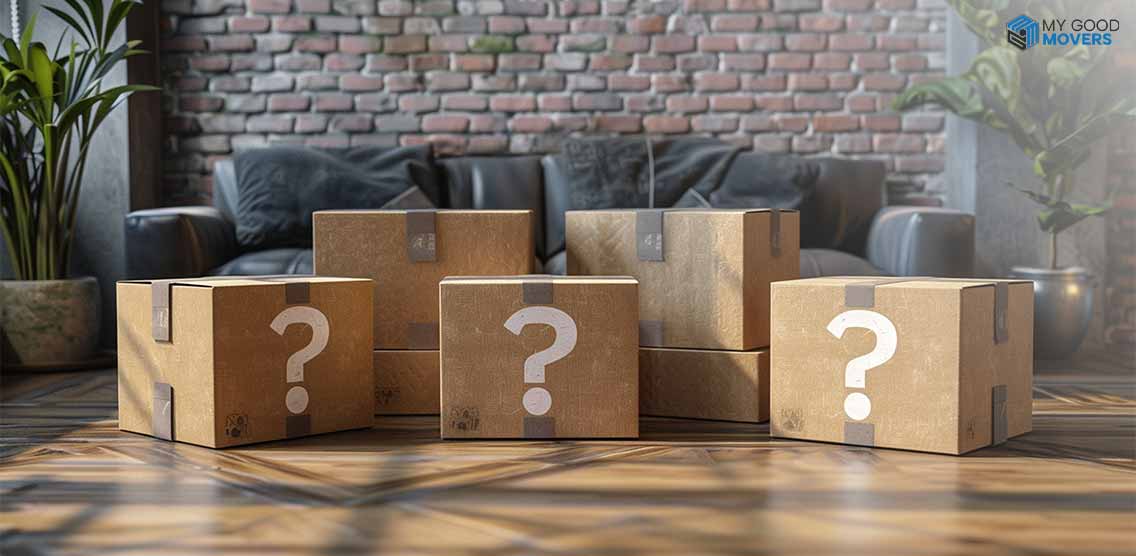
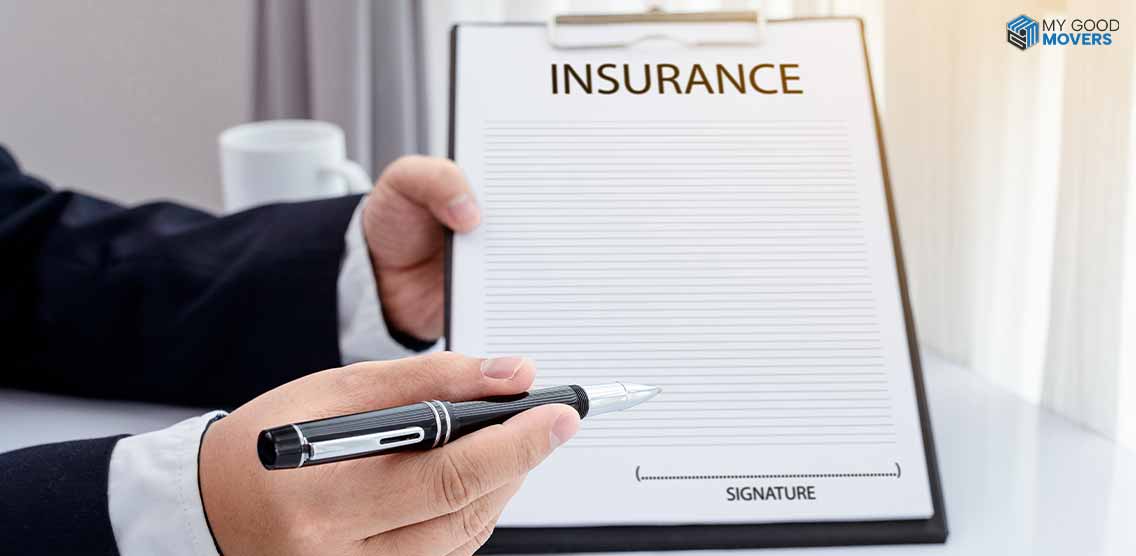
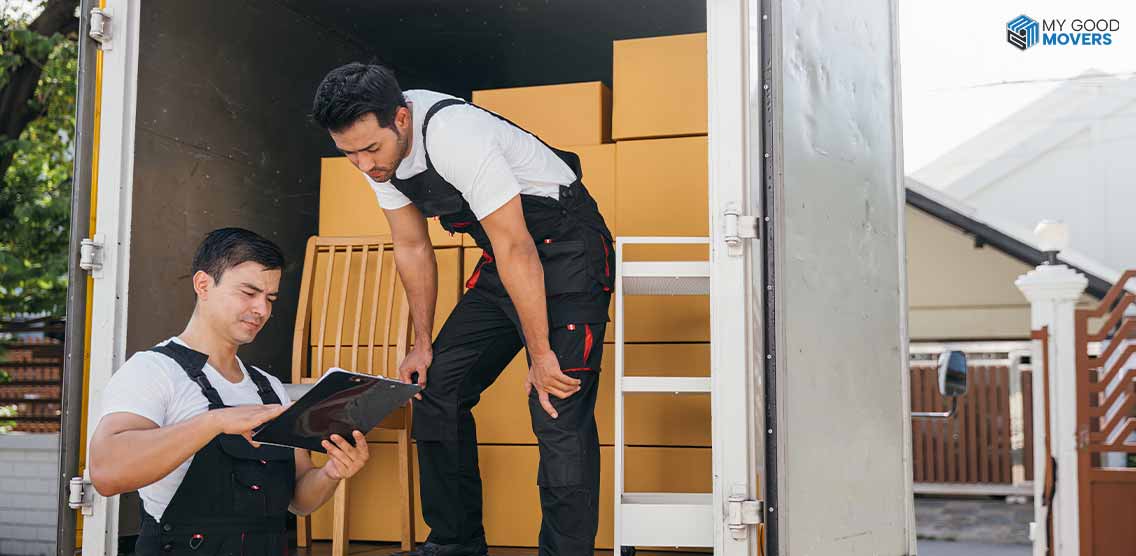

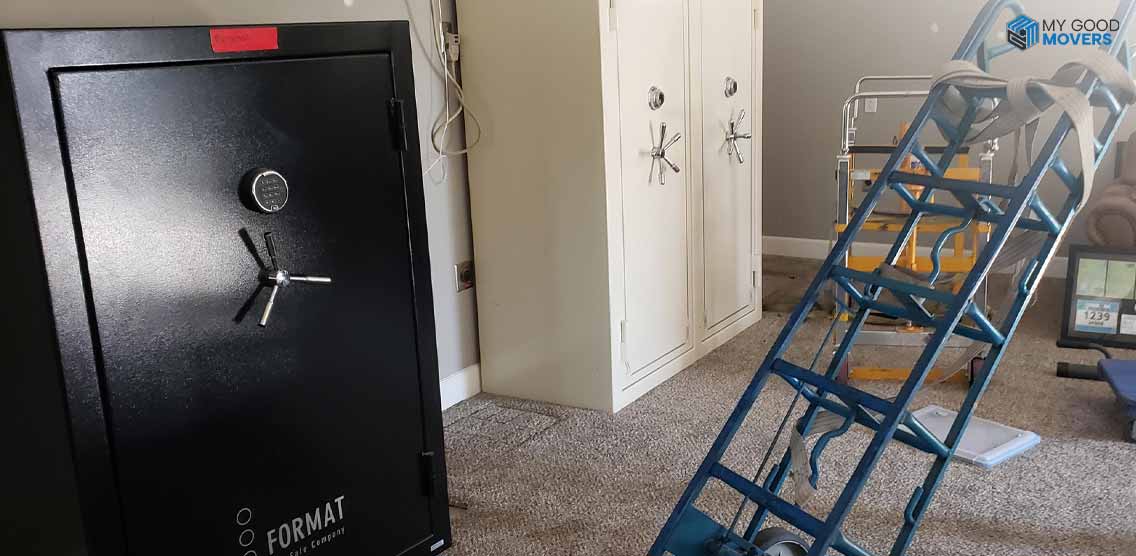
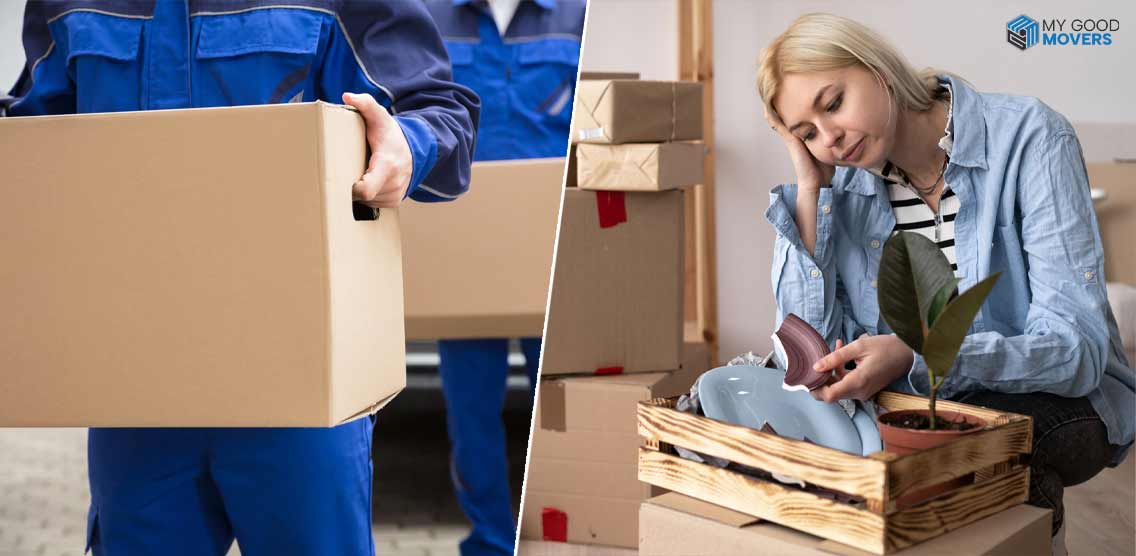
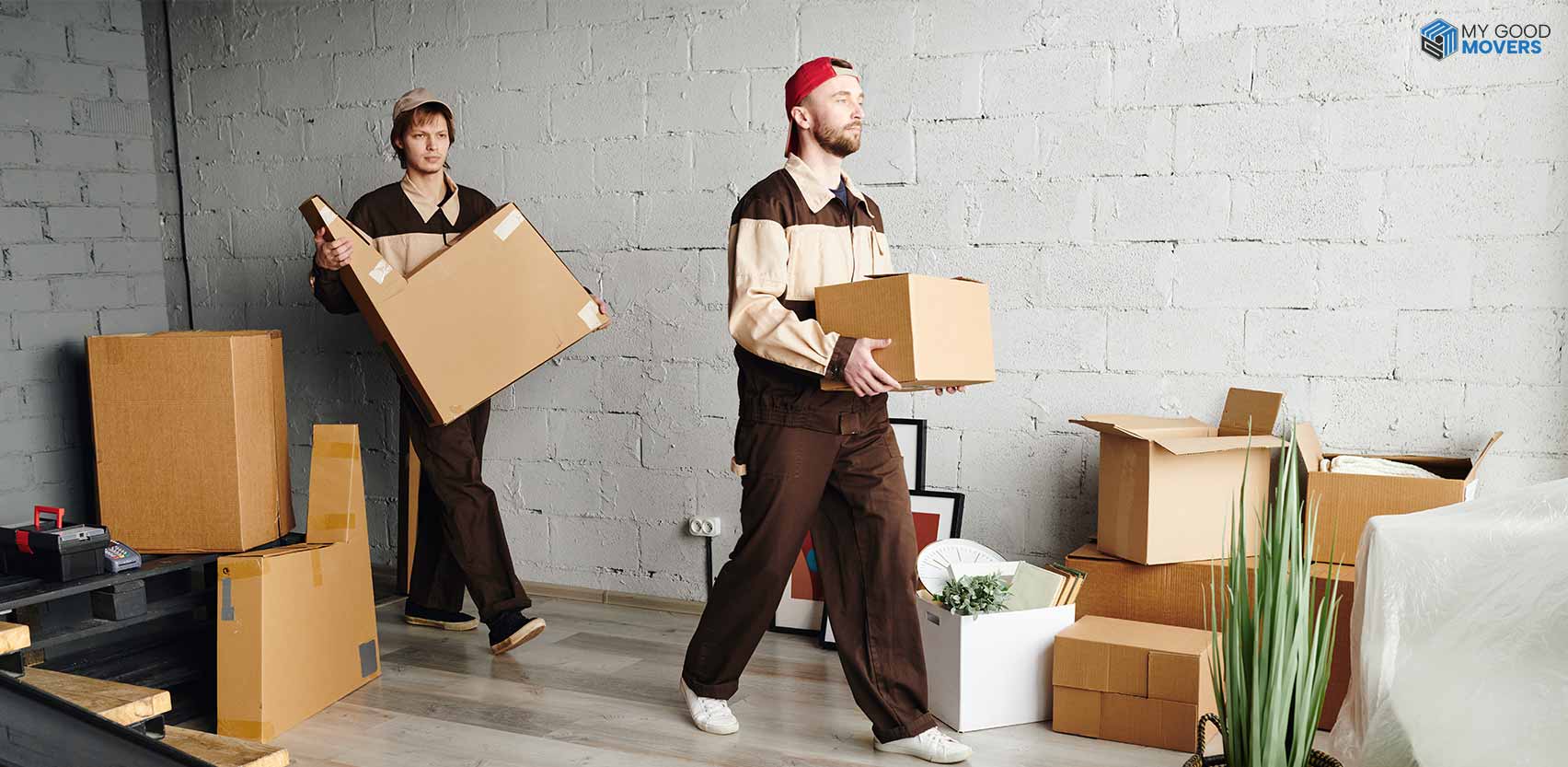
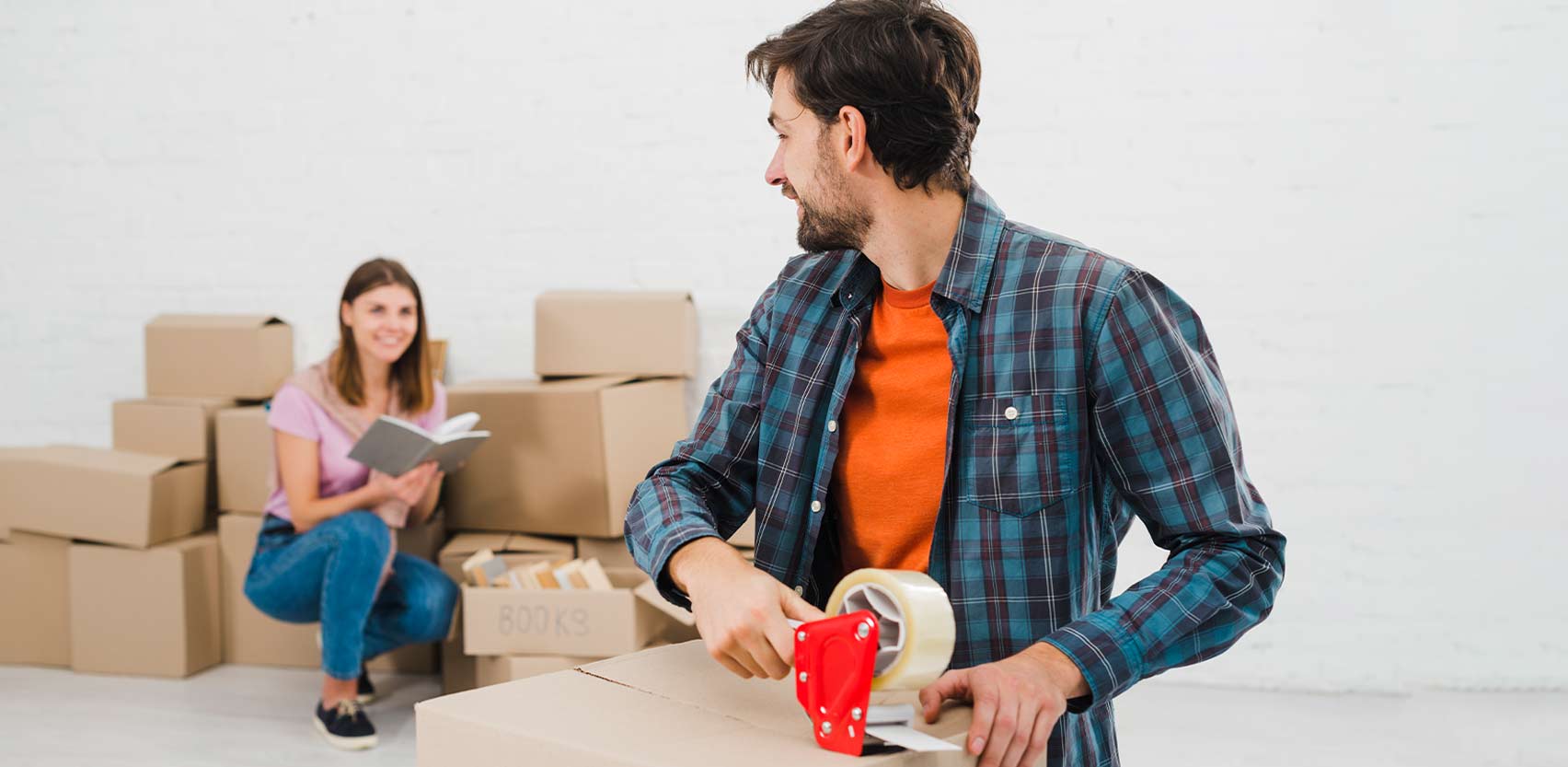
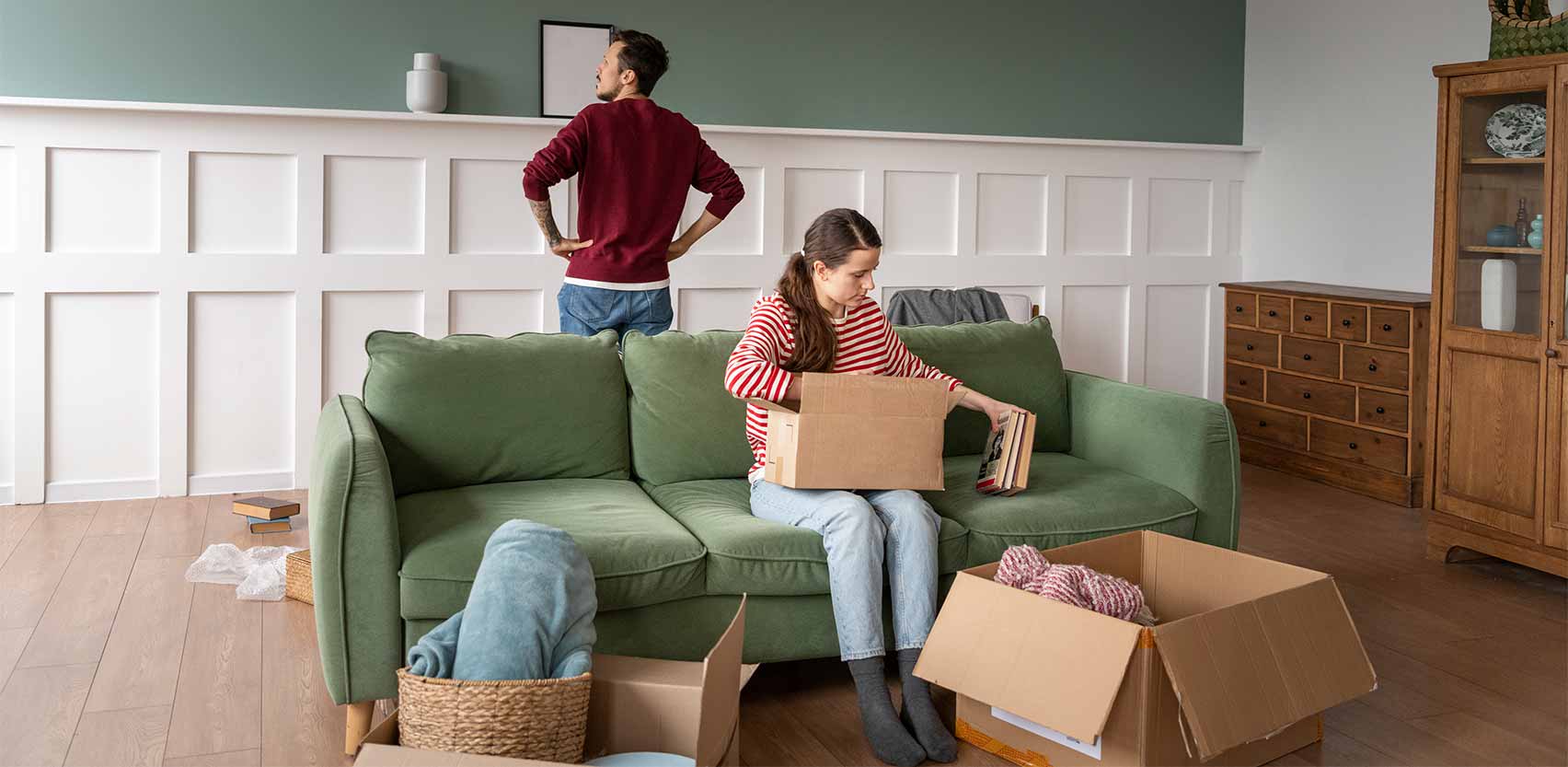
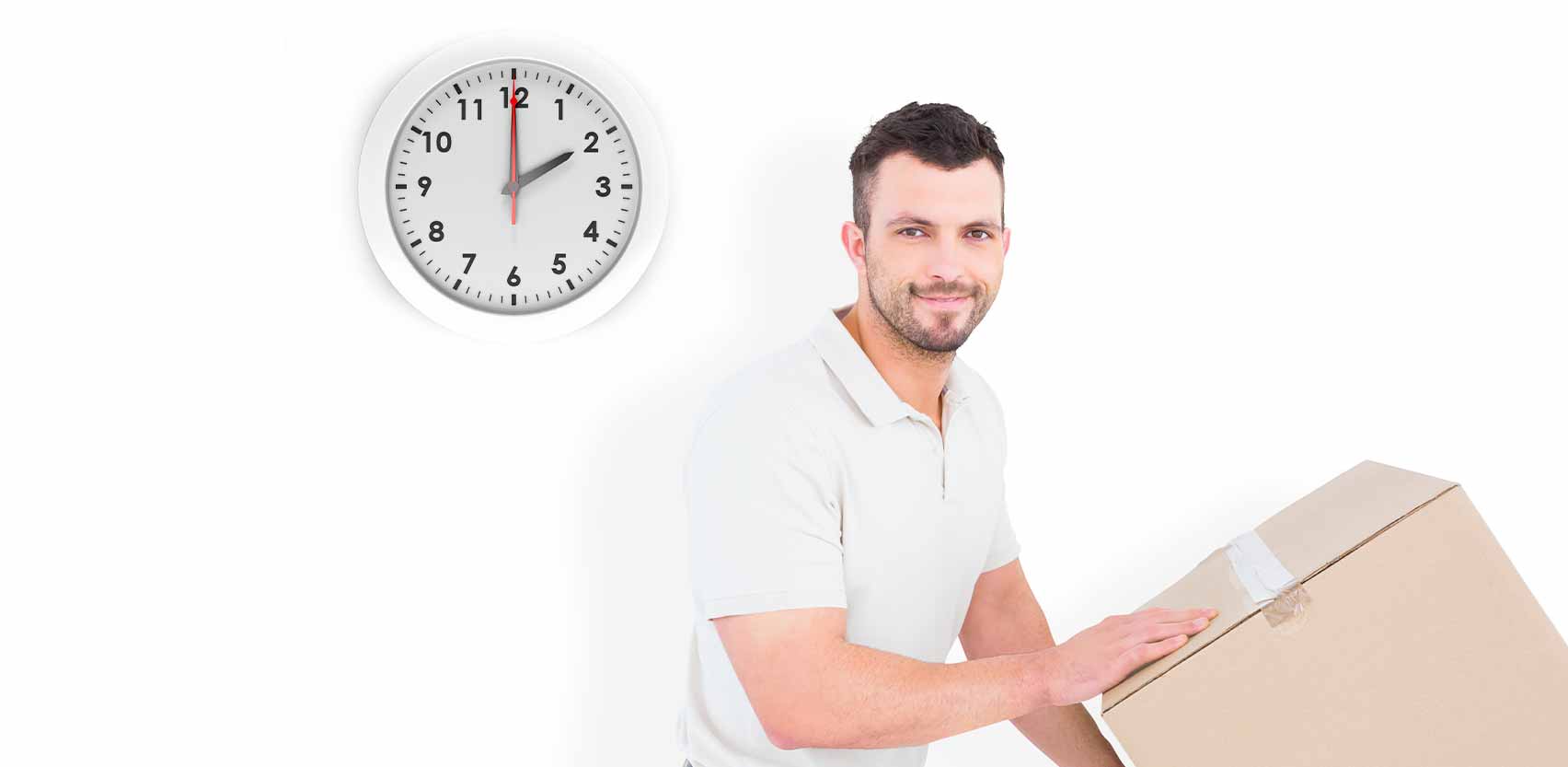
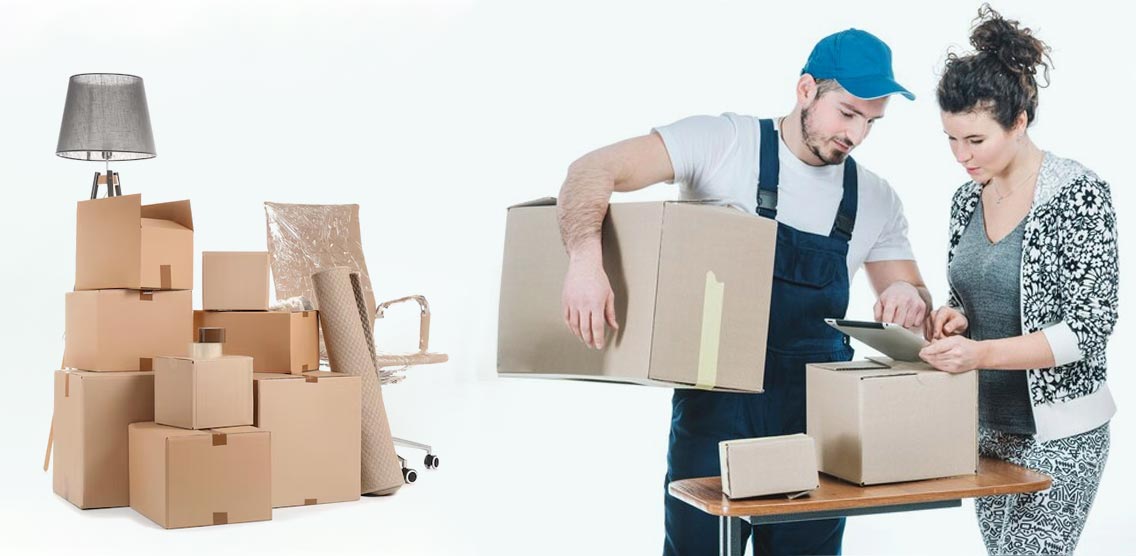

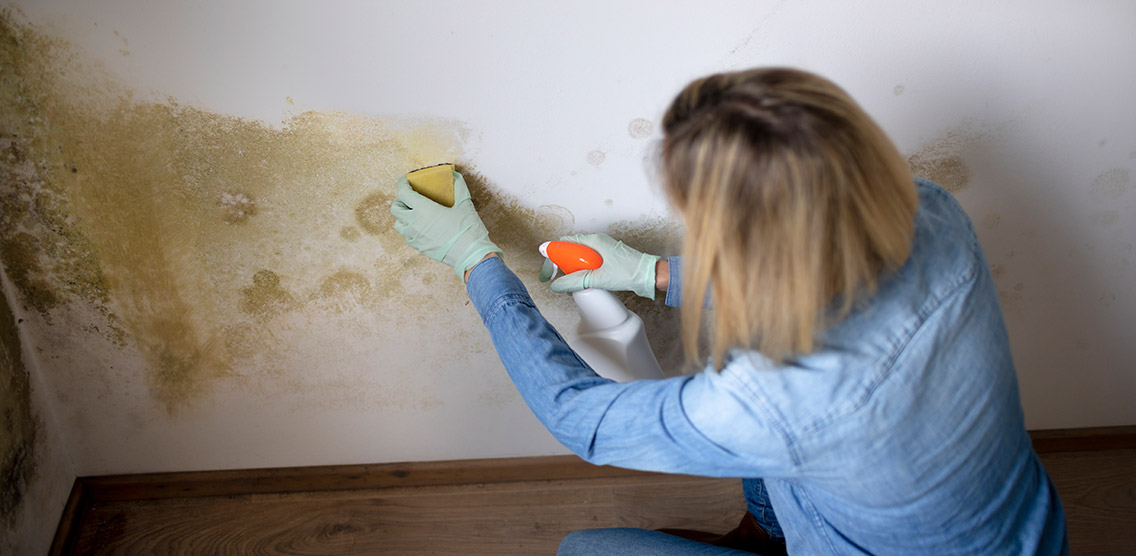

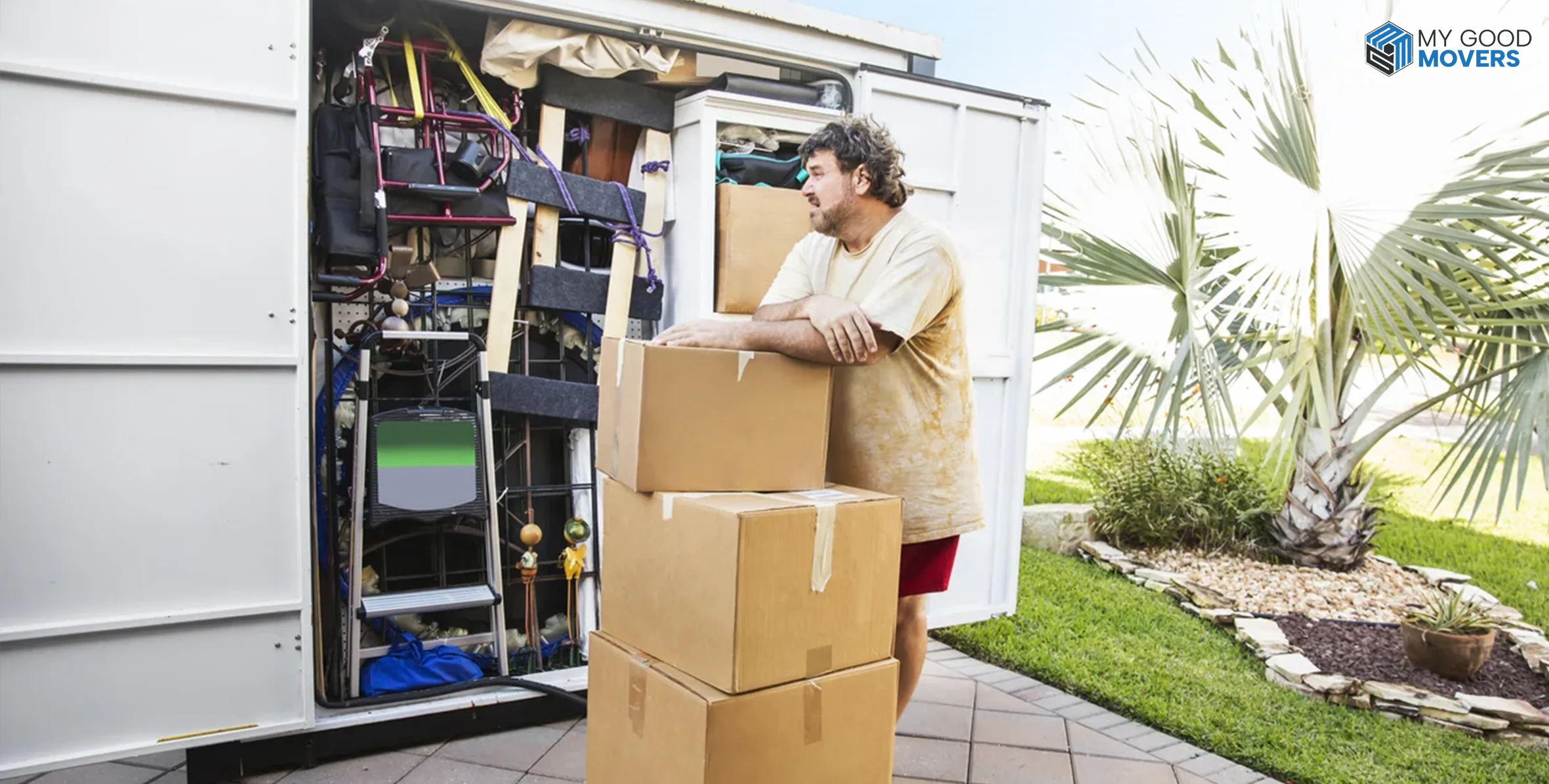
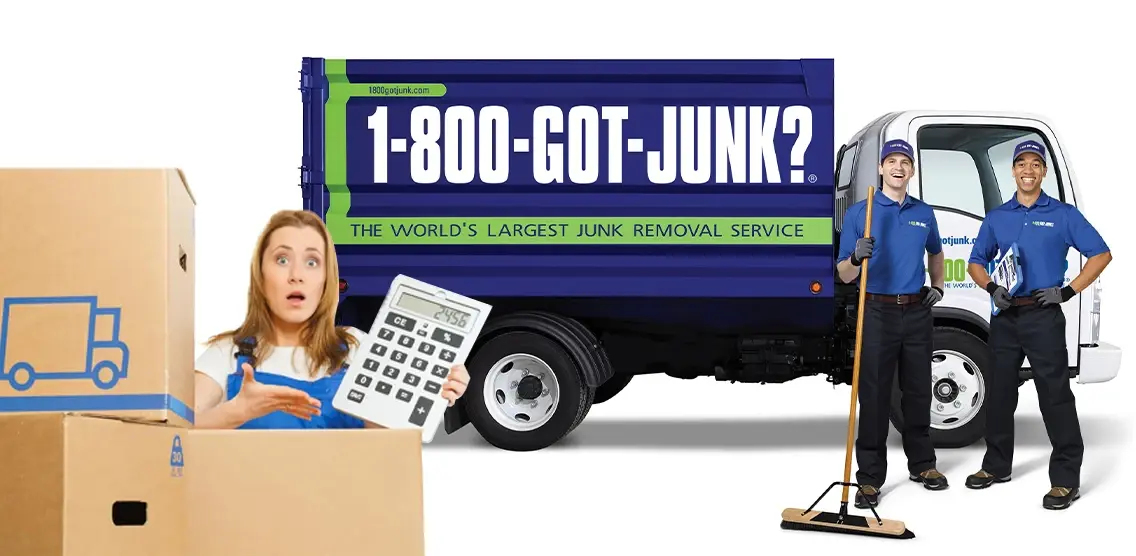
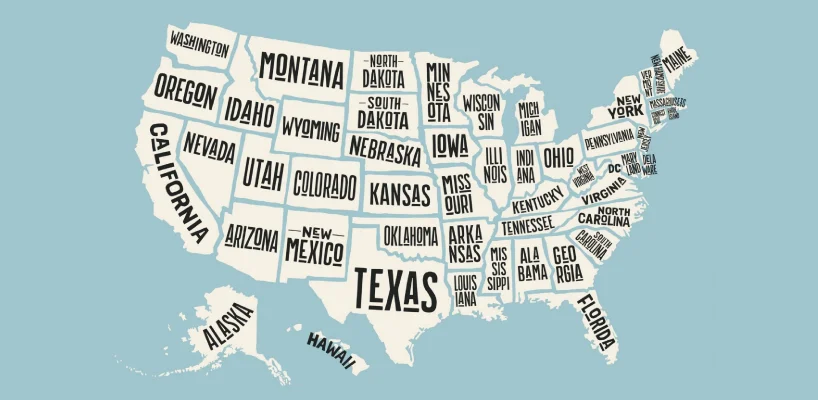

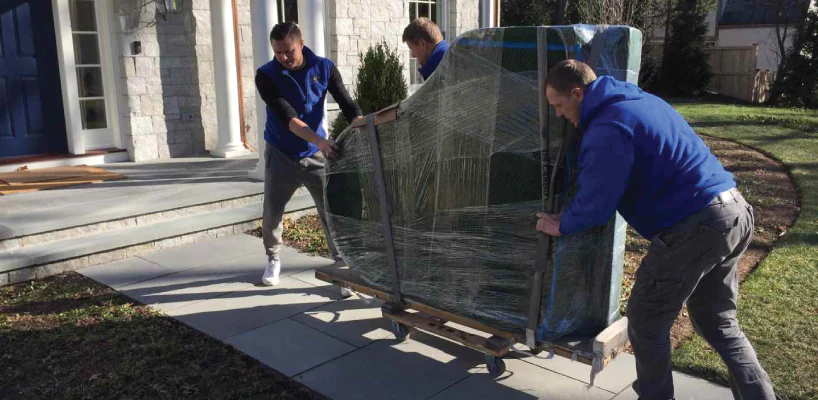

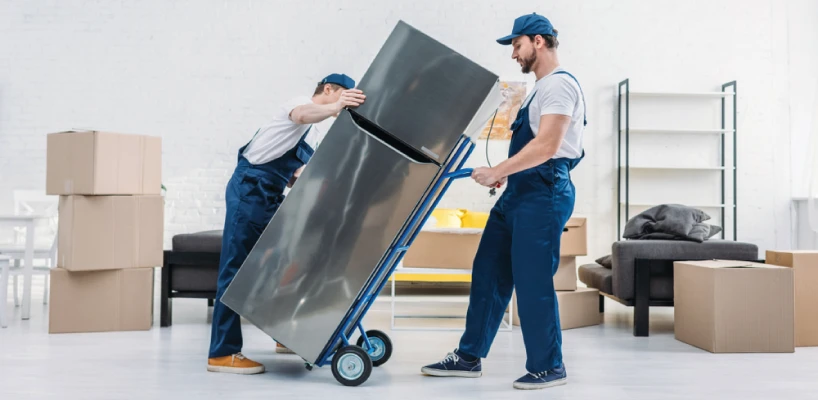

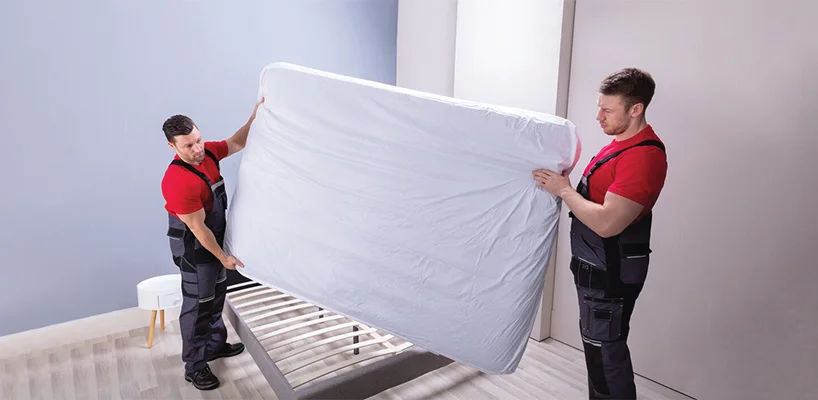
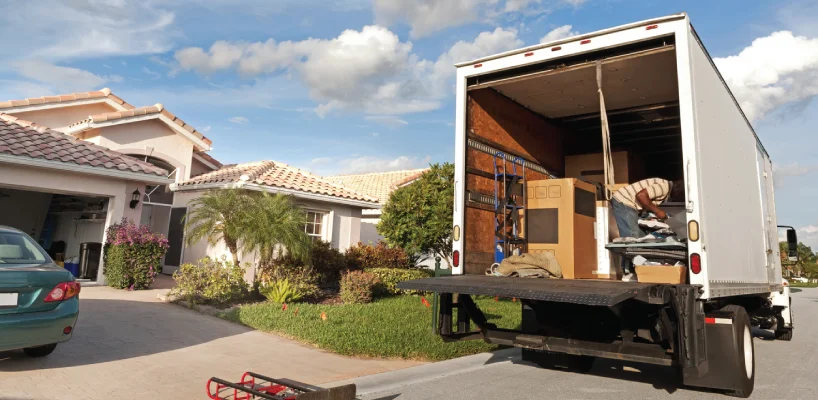
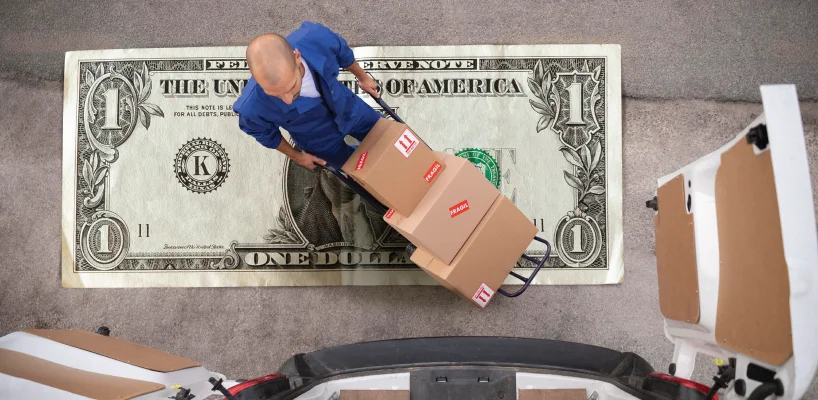
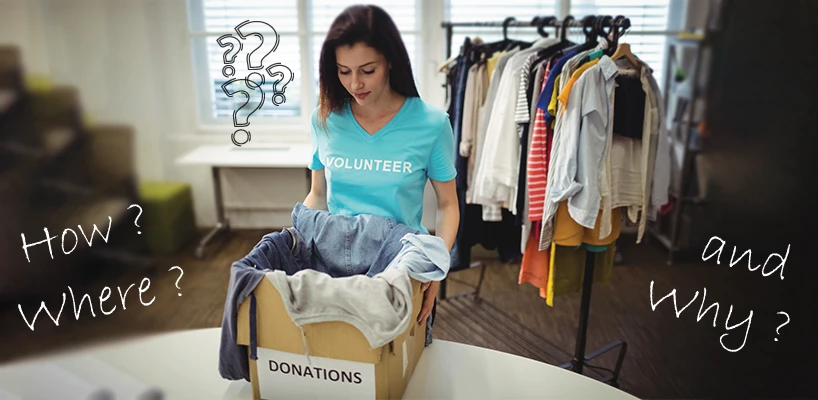
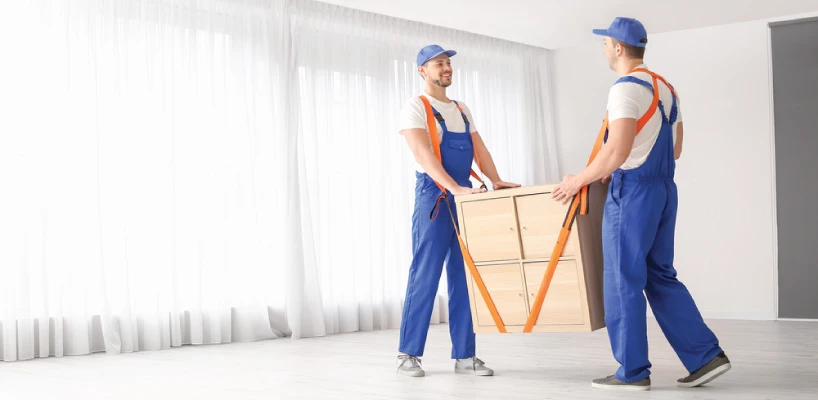
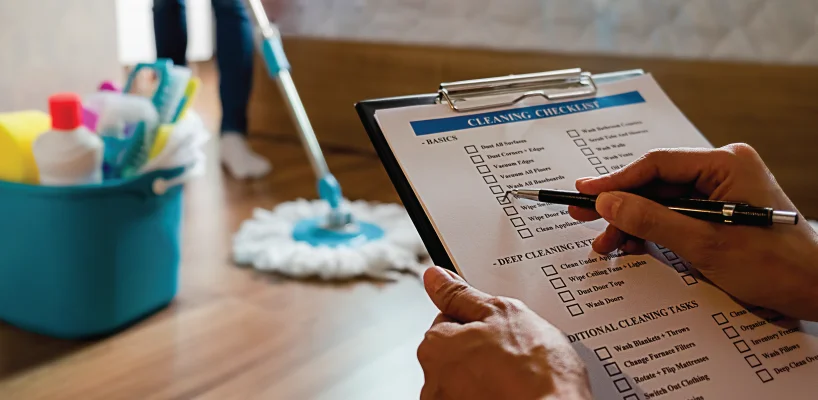
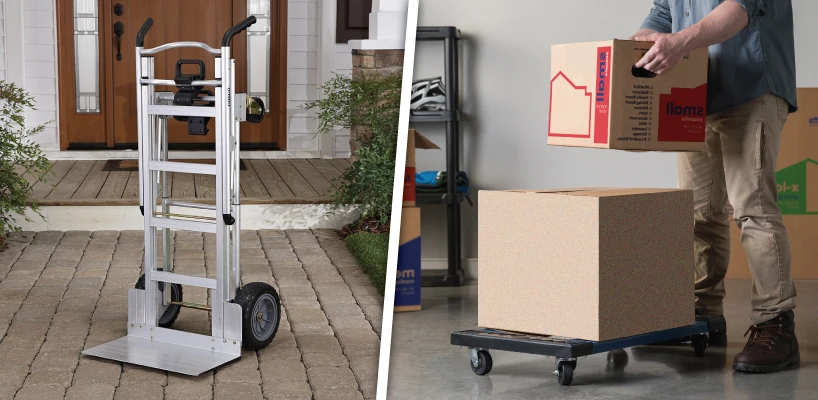
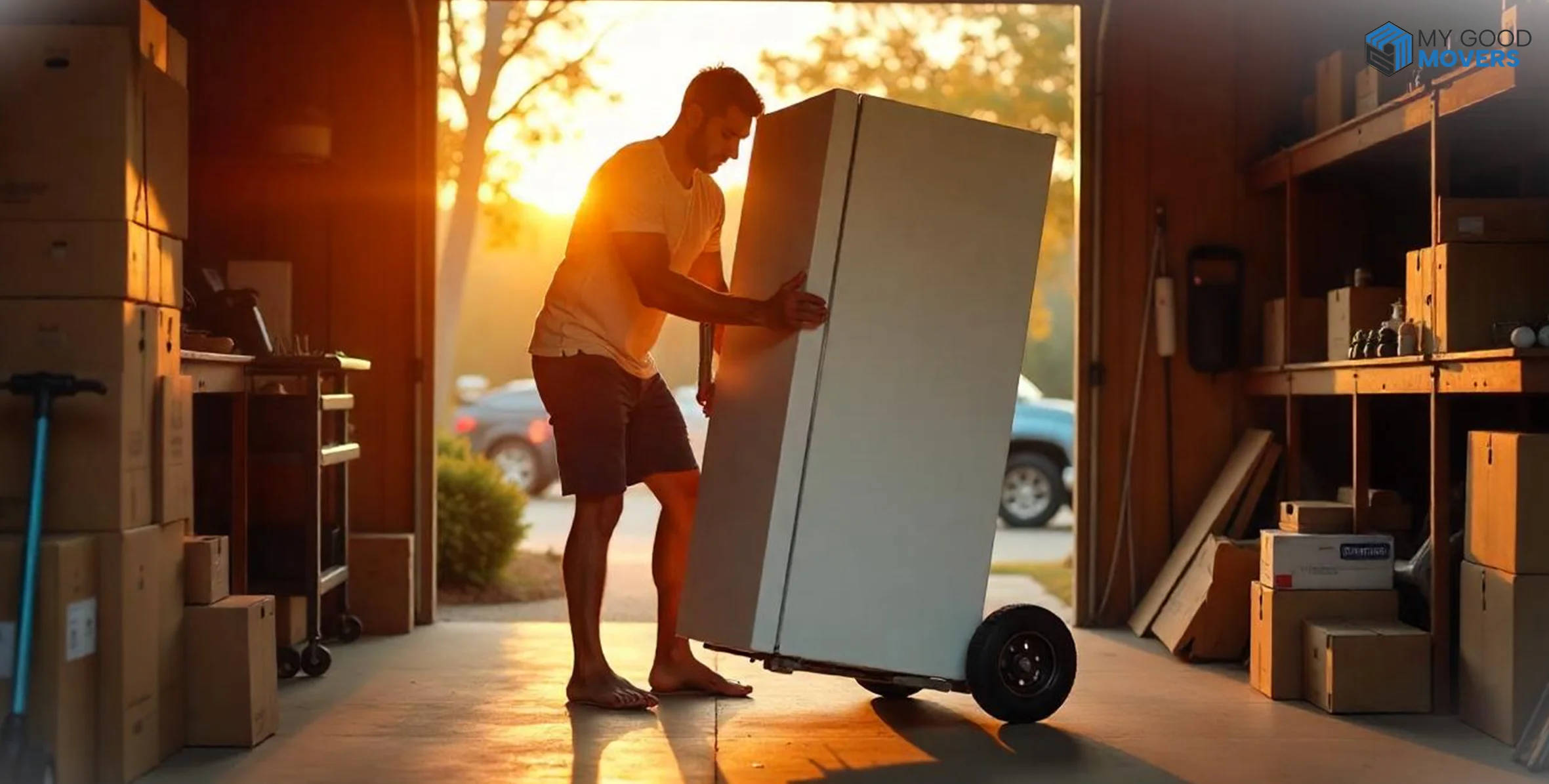
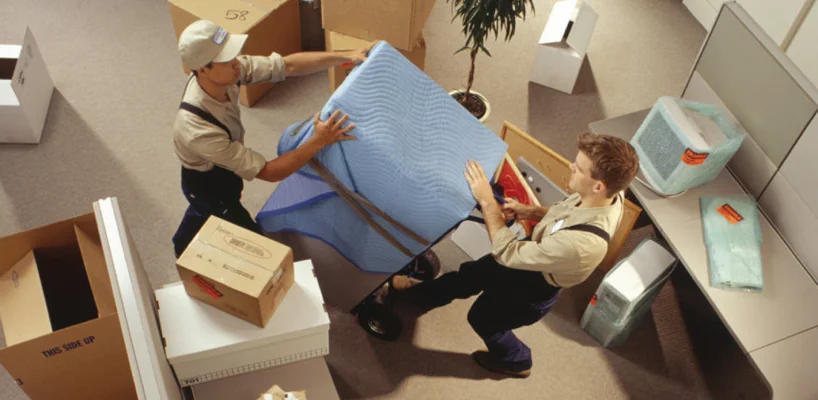


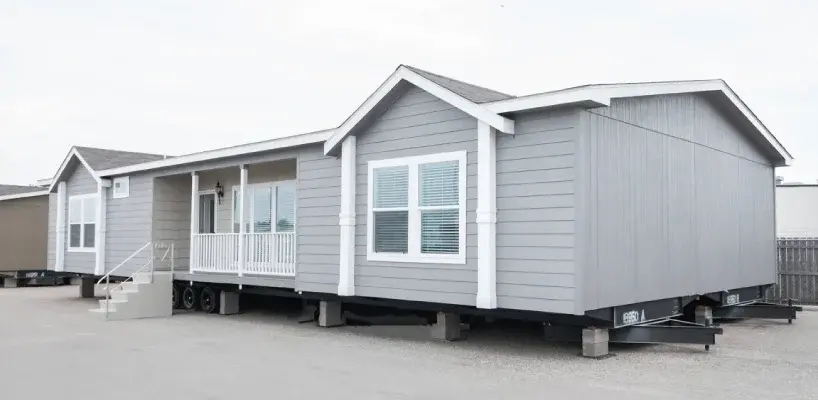
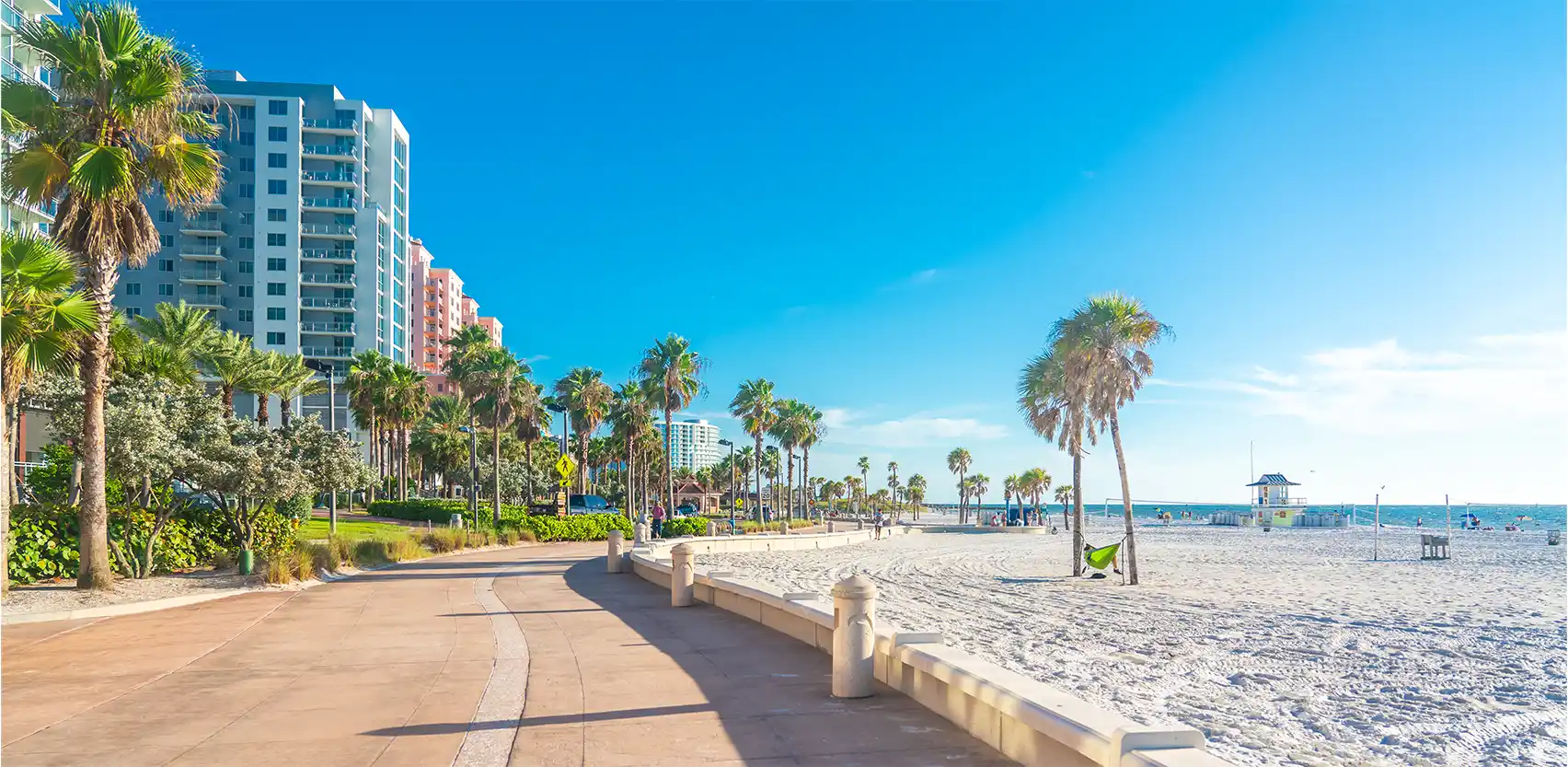

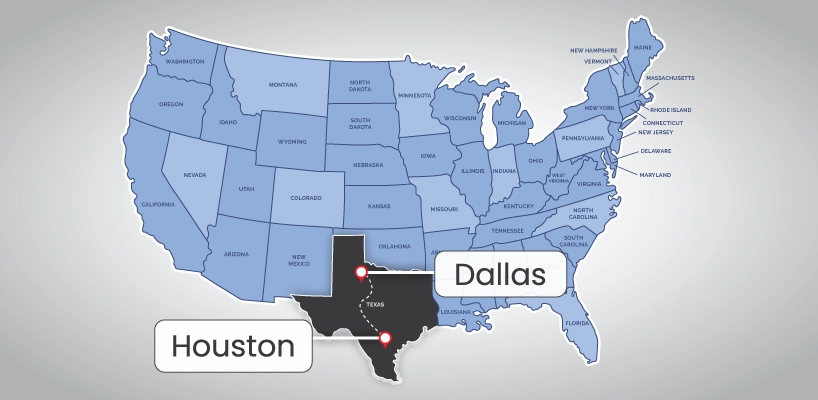

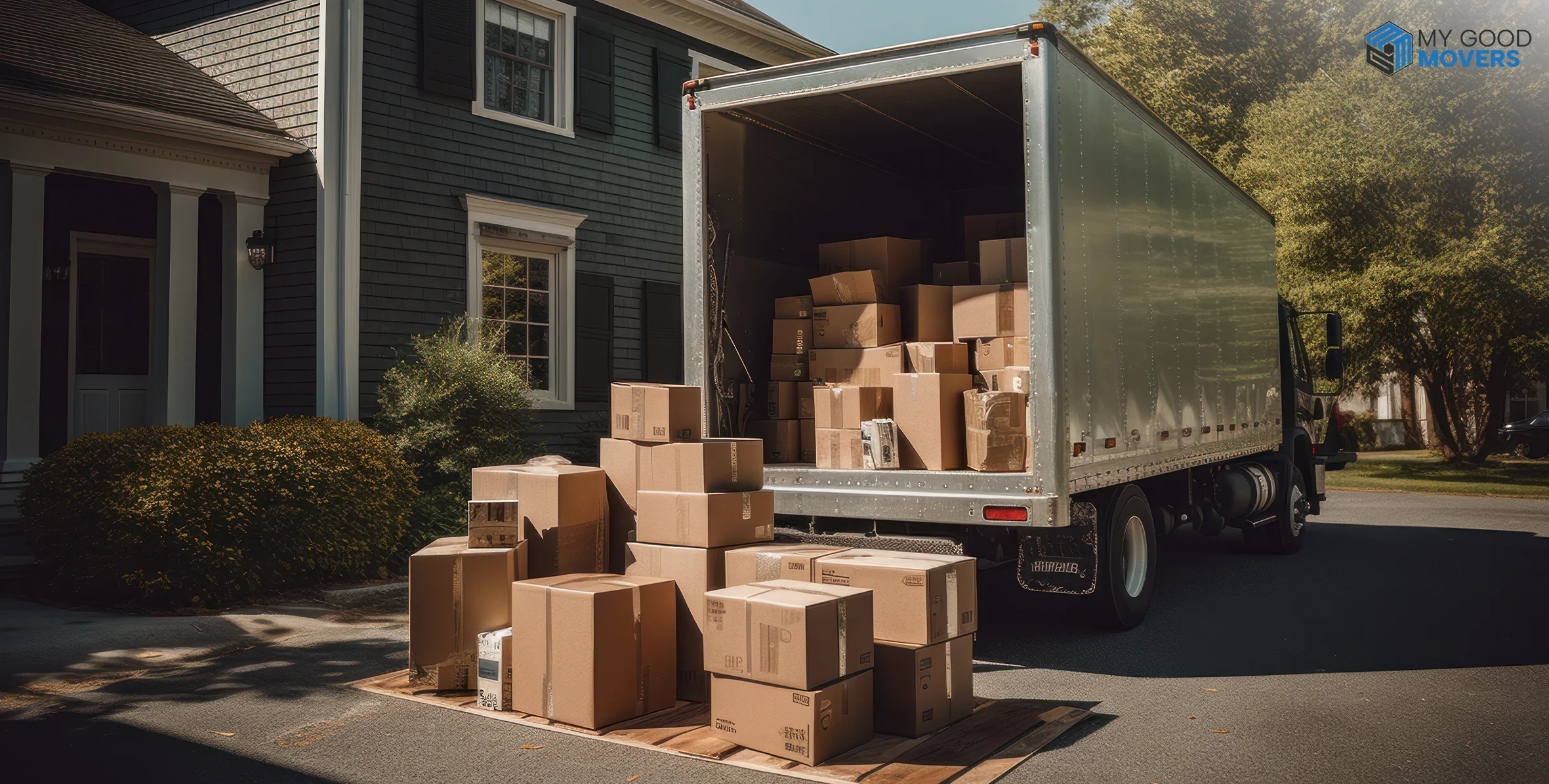
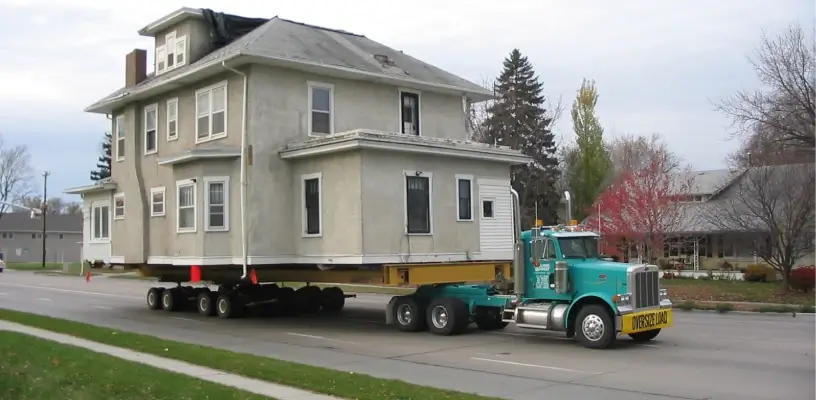
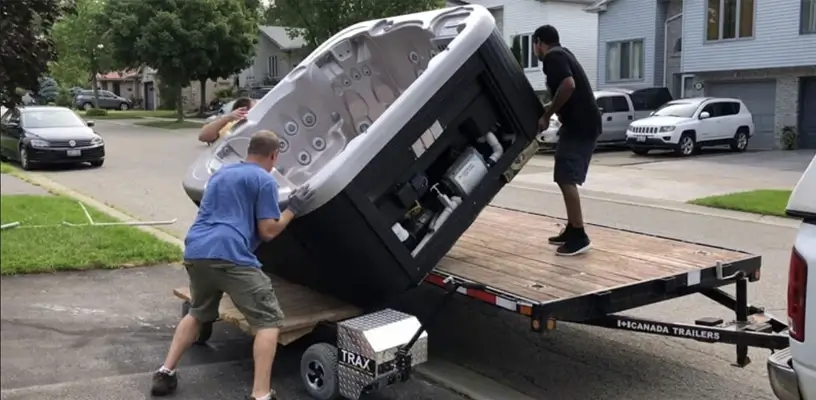
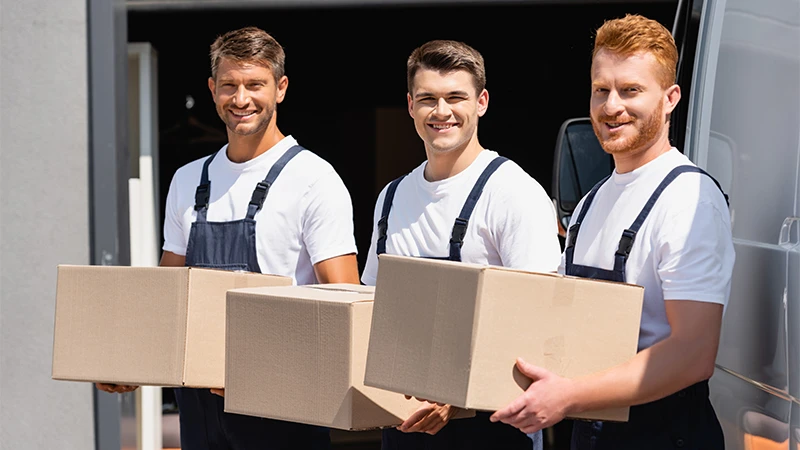
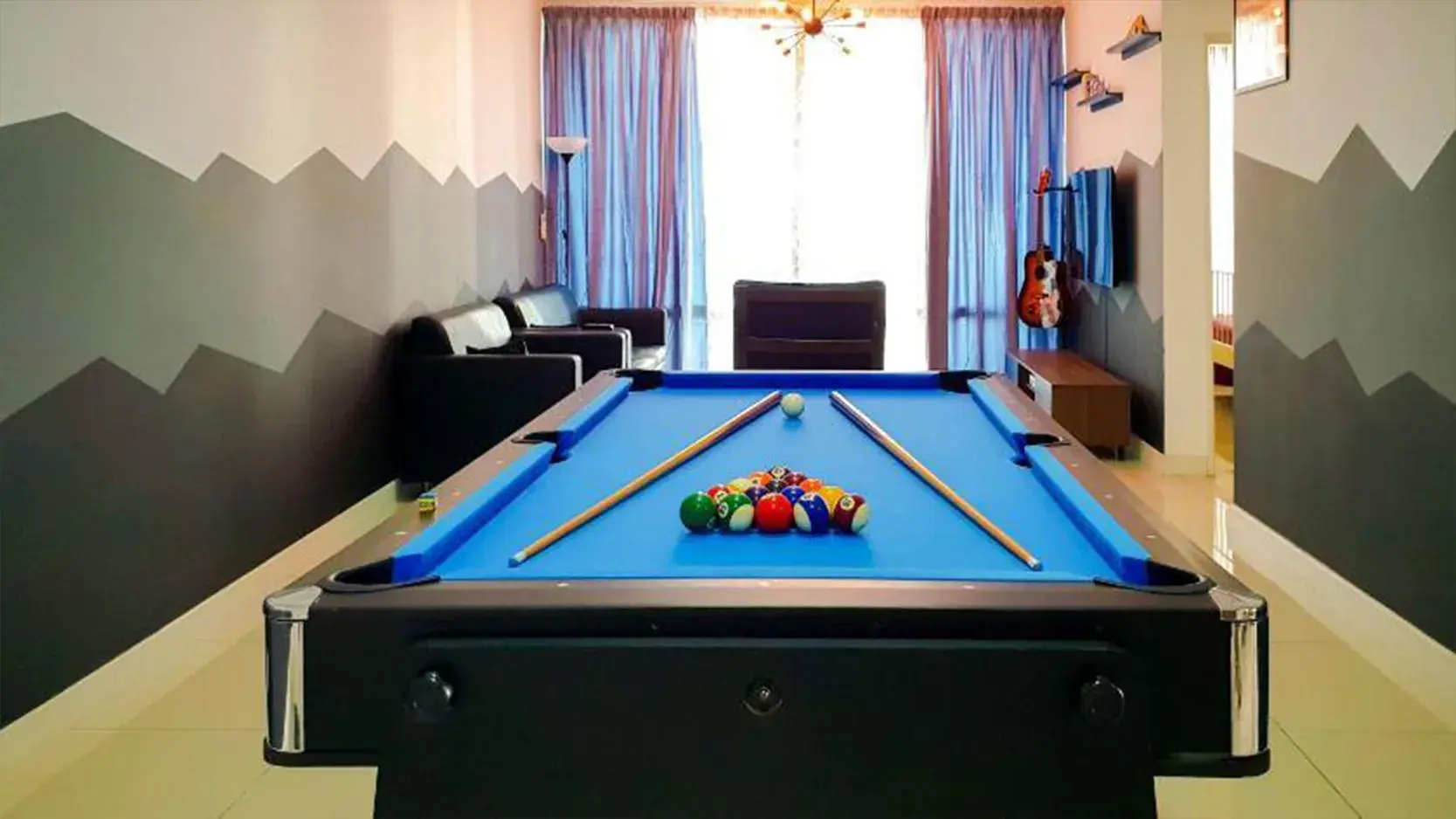

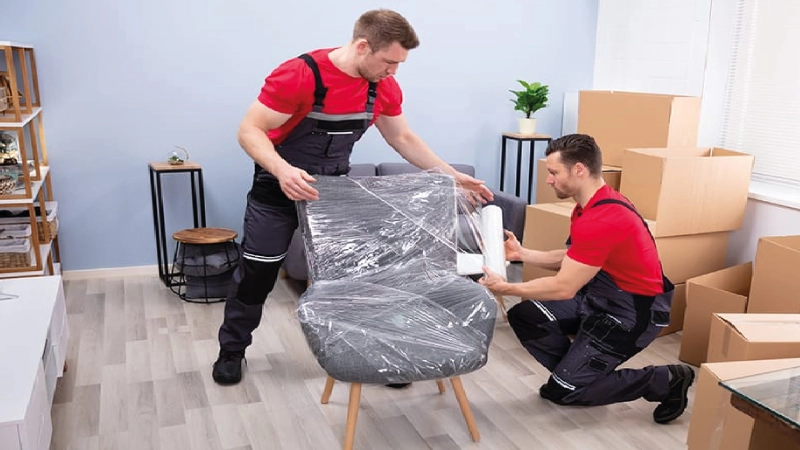
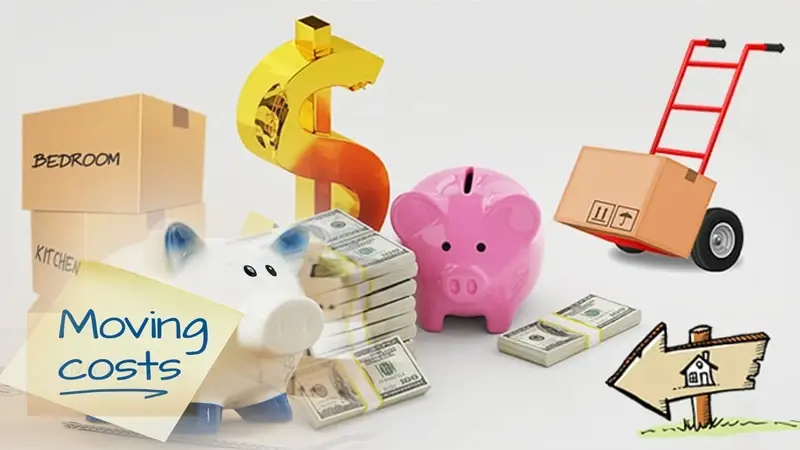
 (239) 799–6077
(239) 799–6077